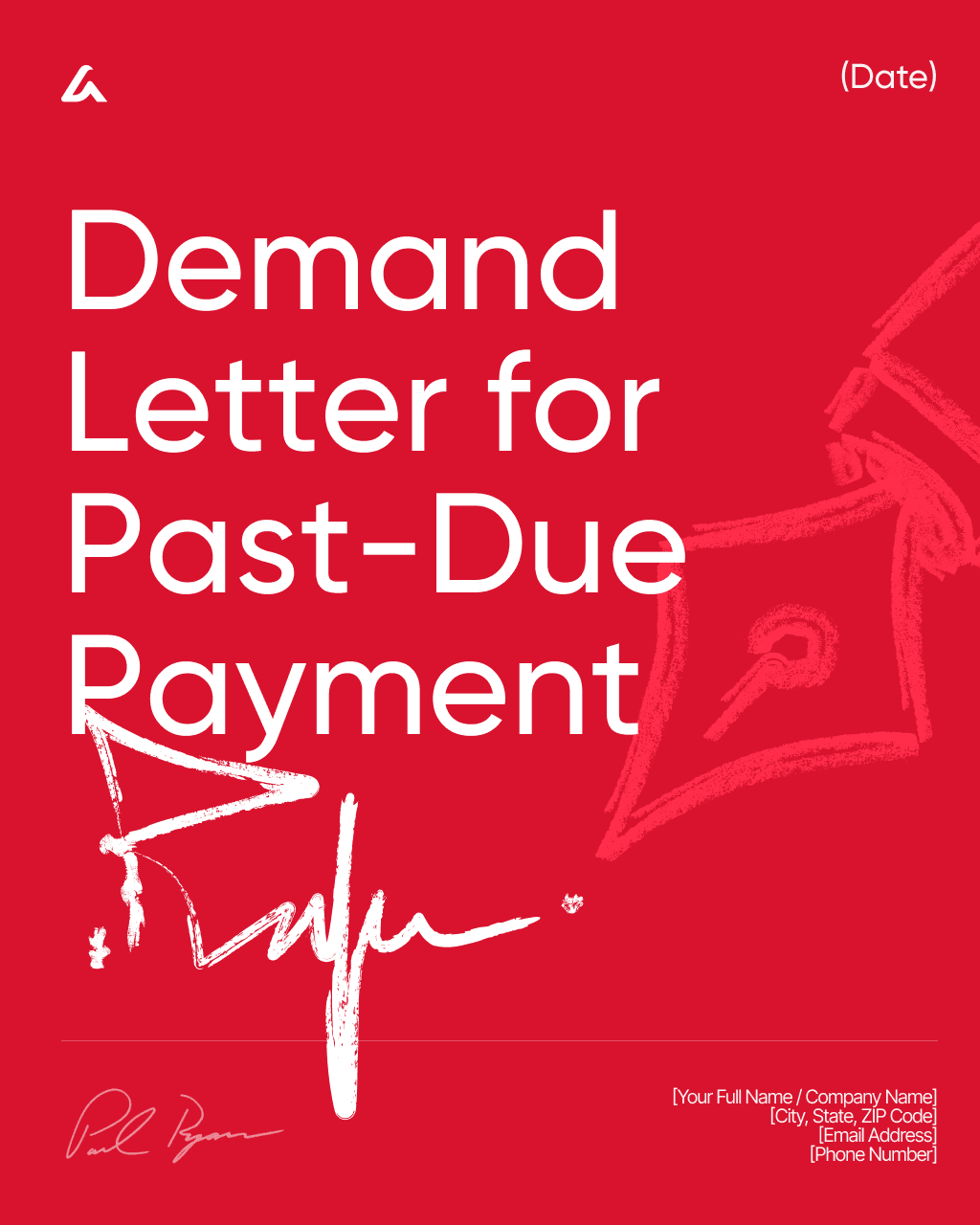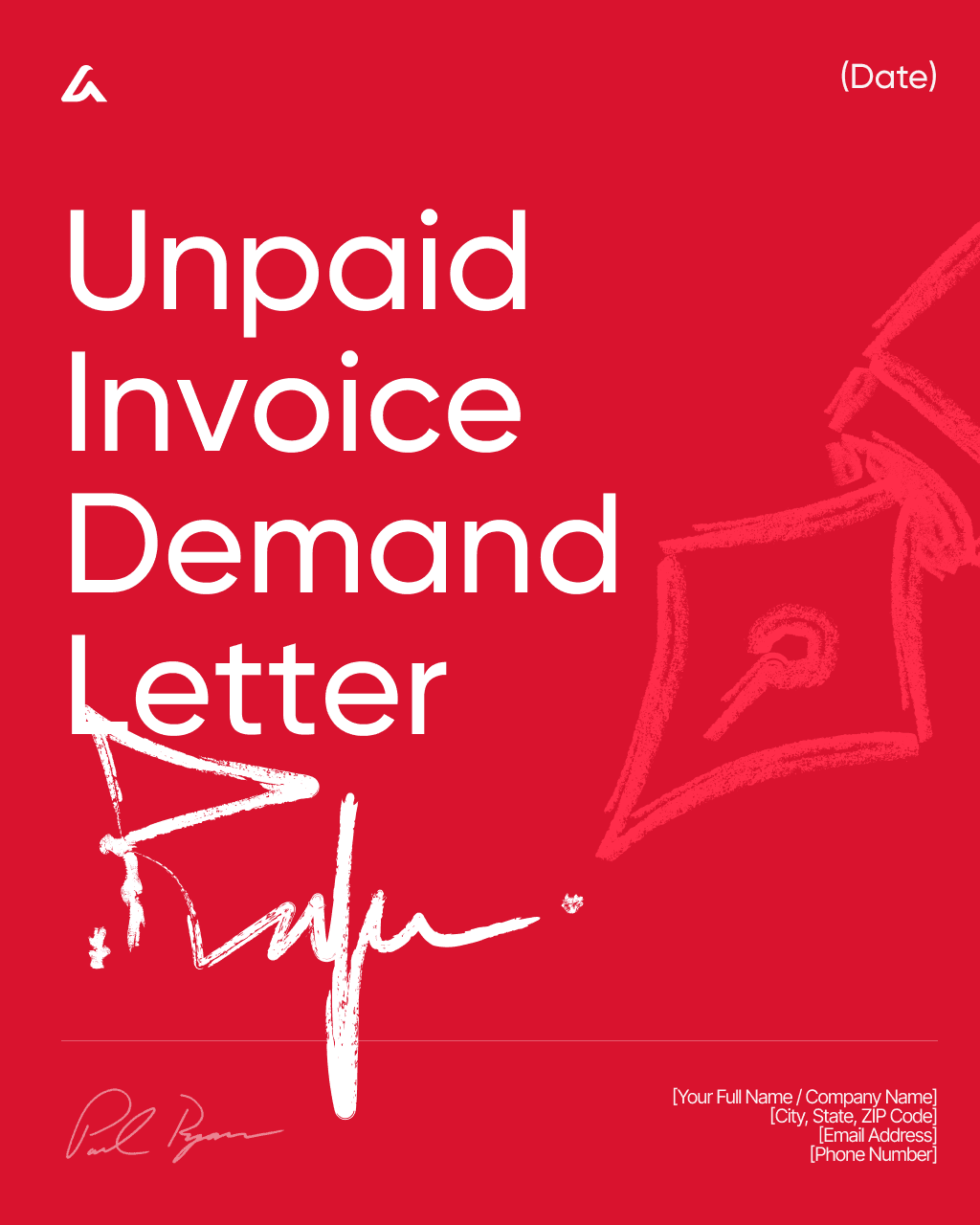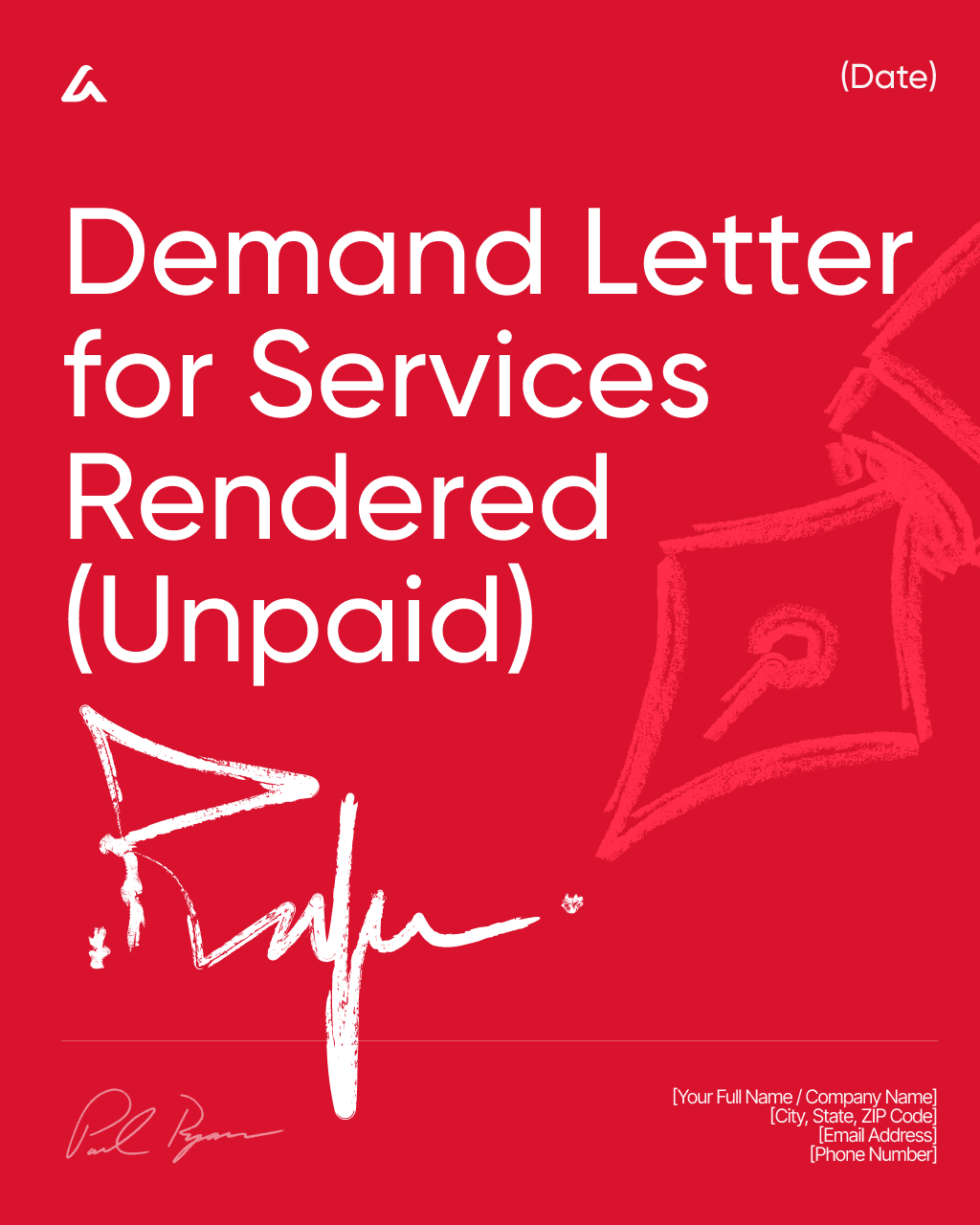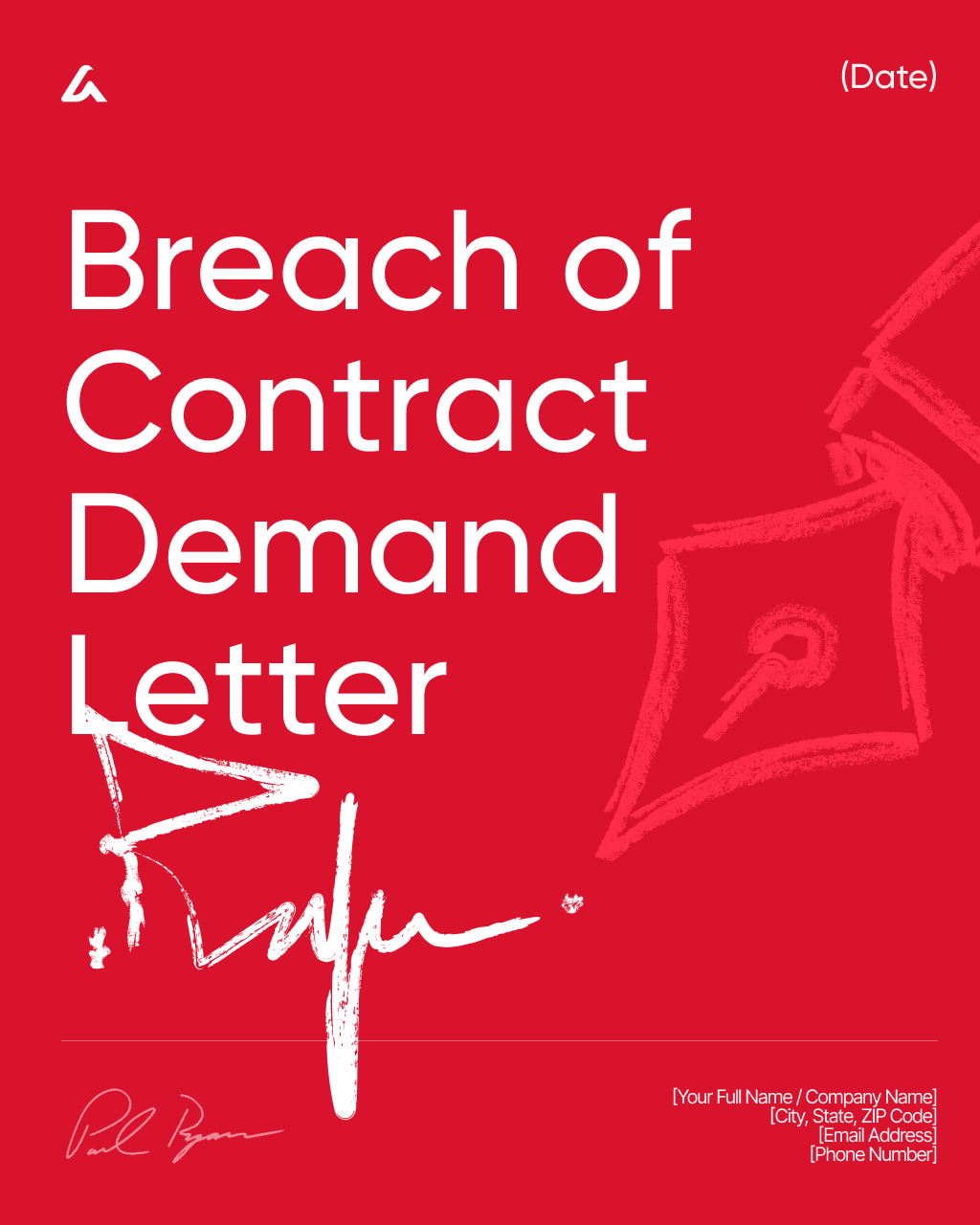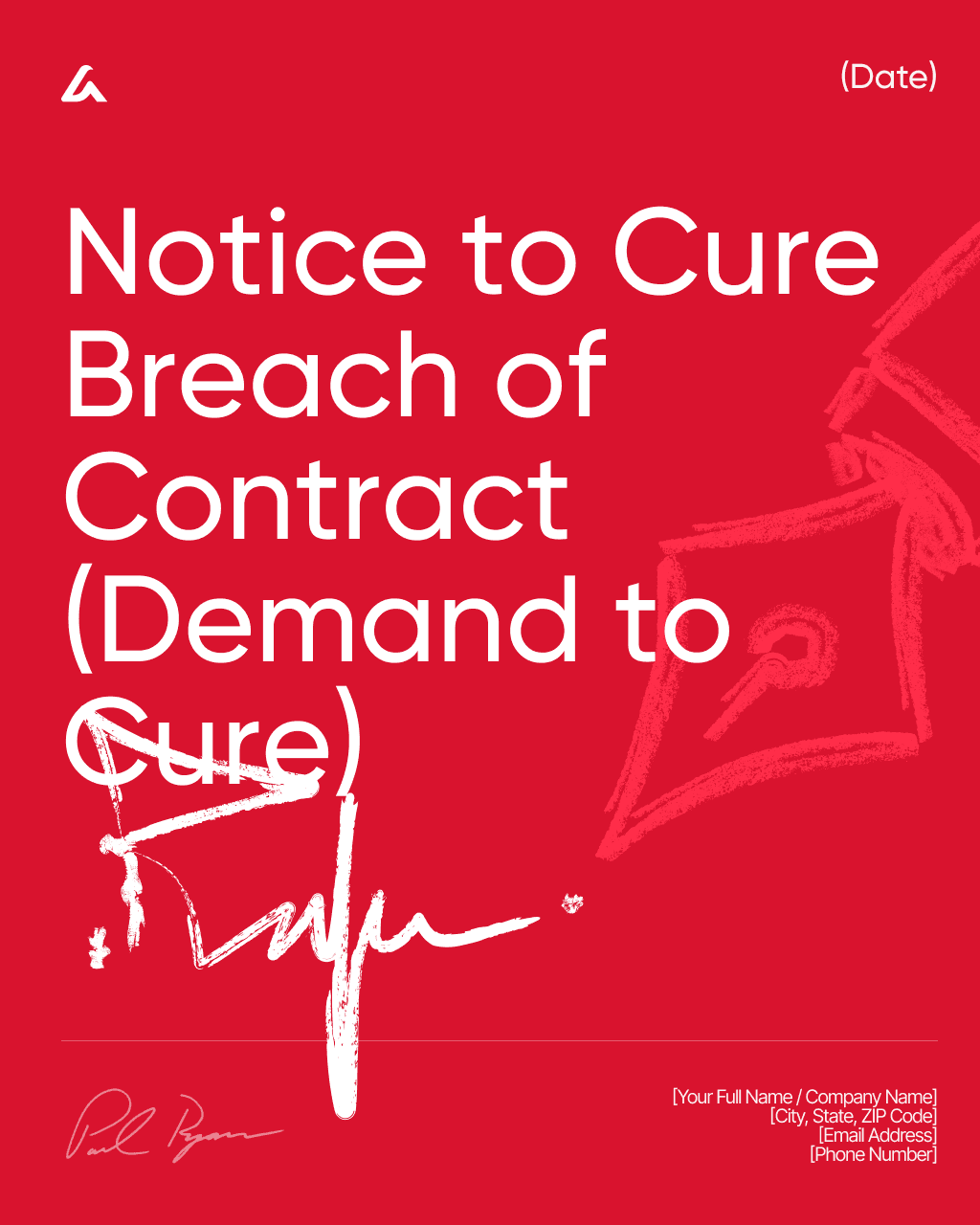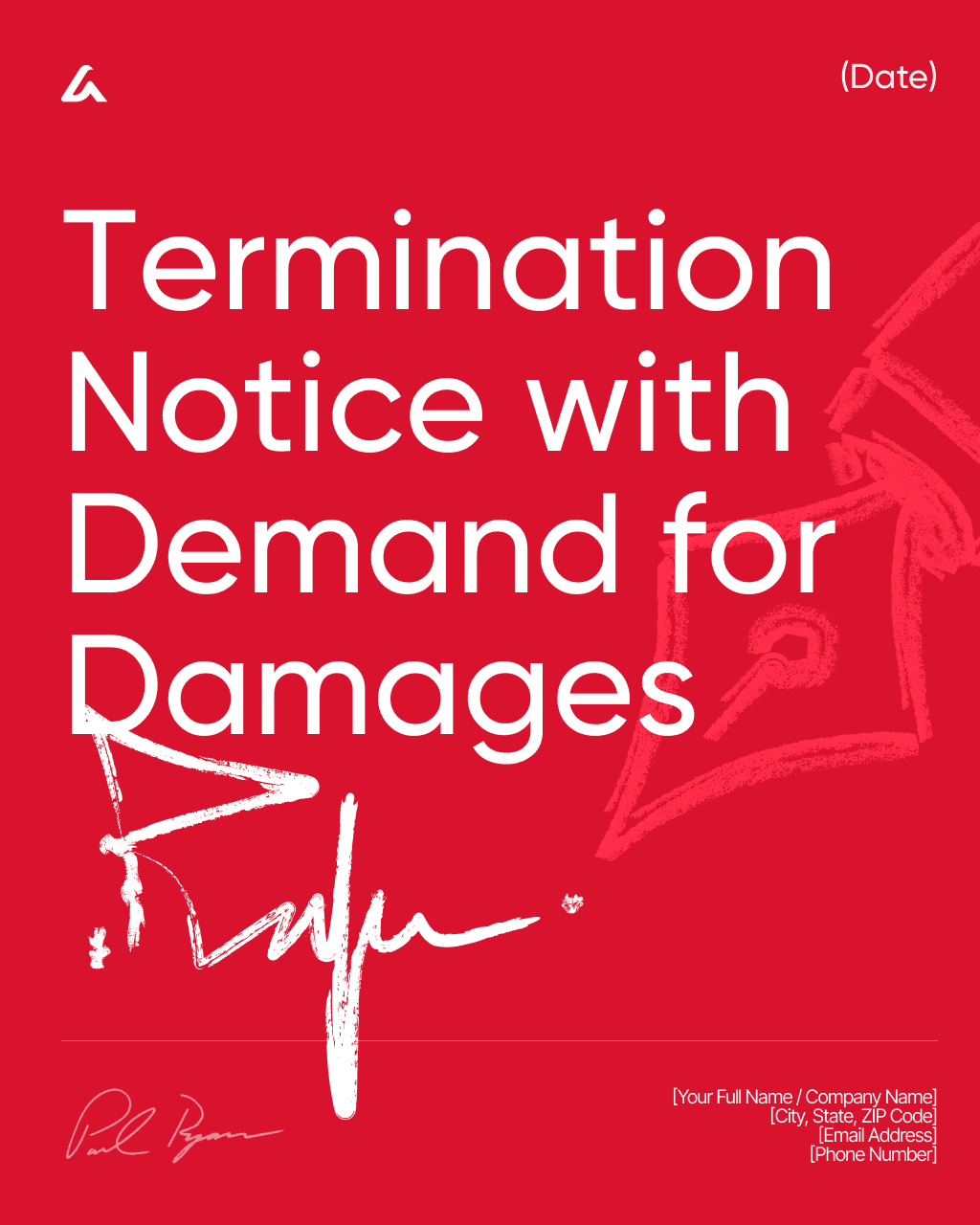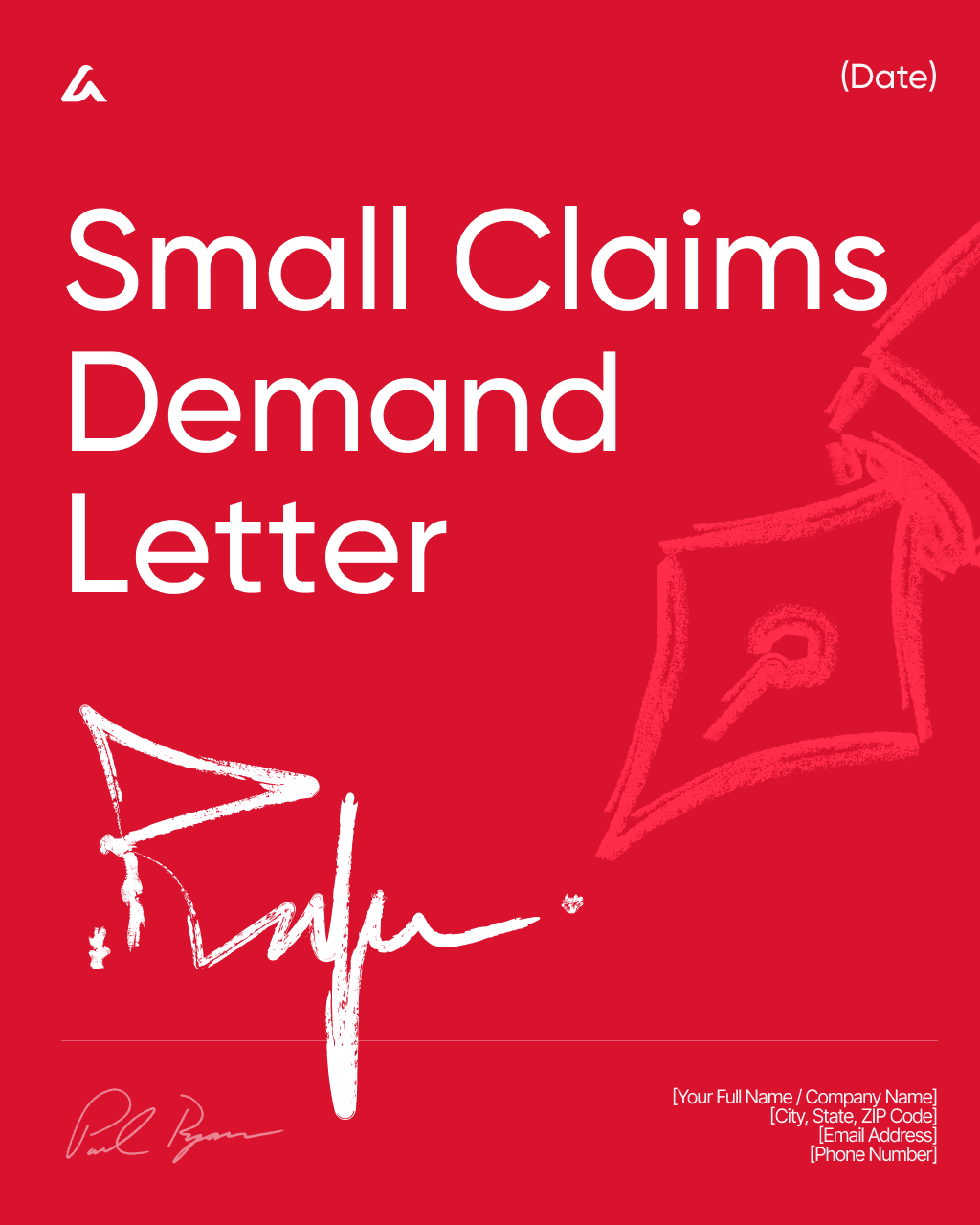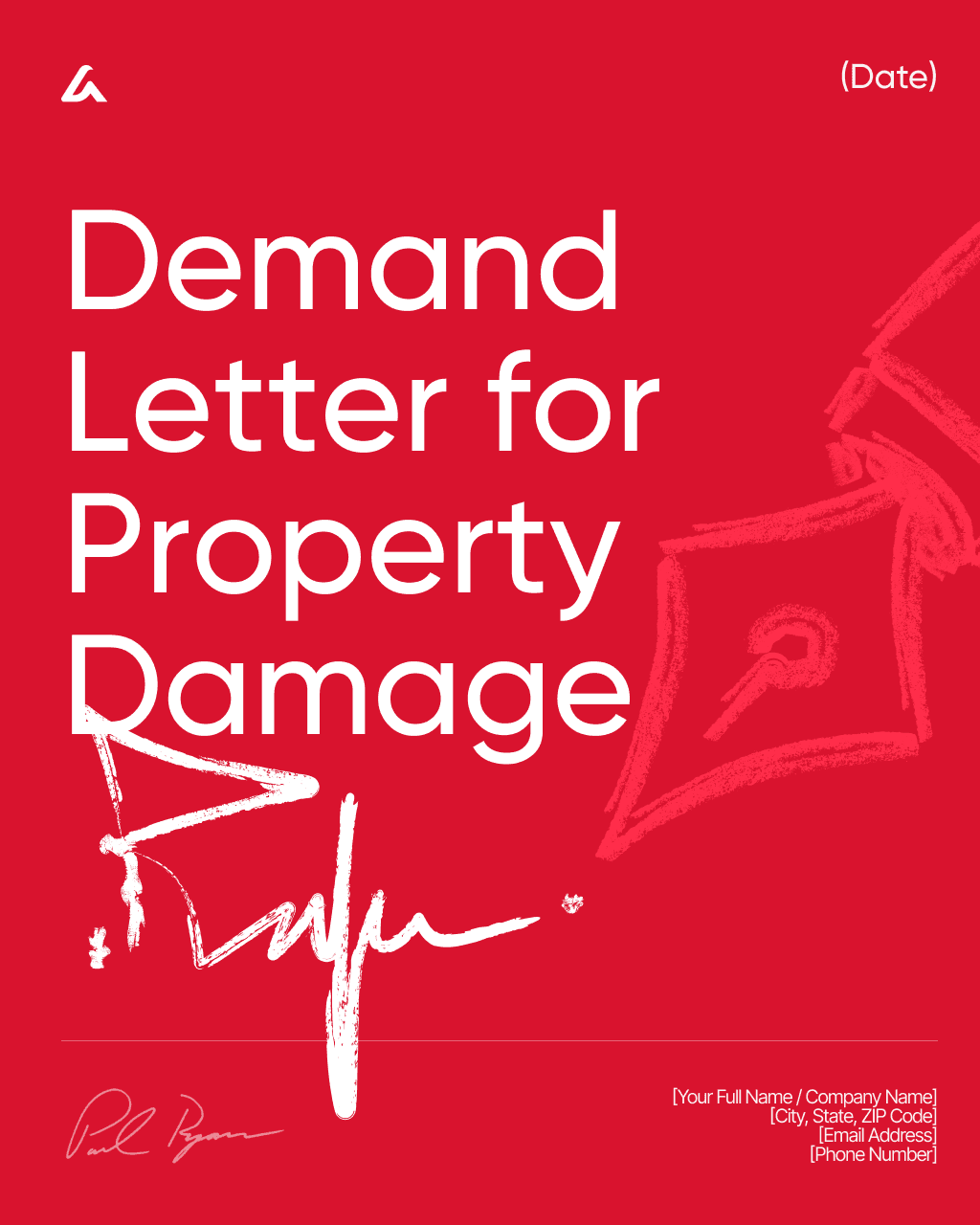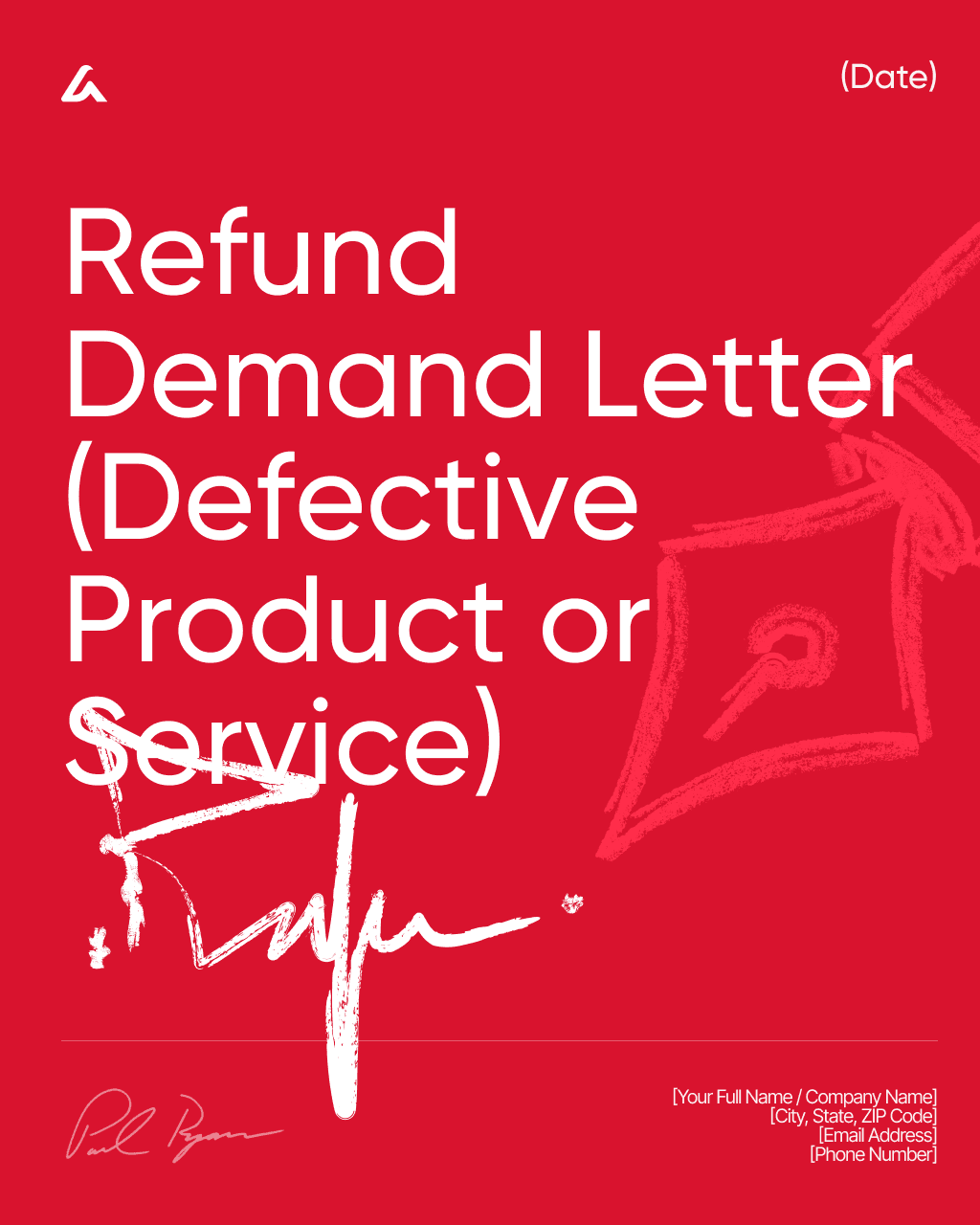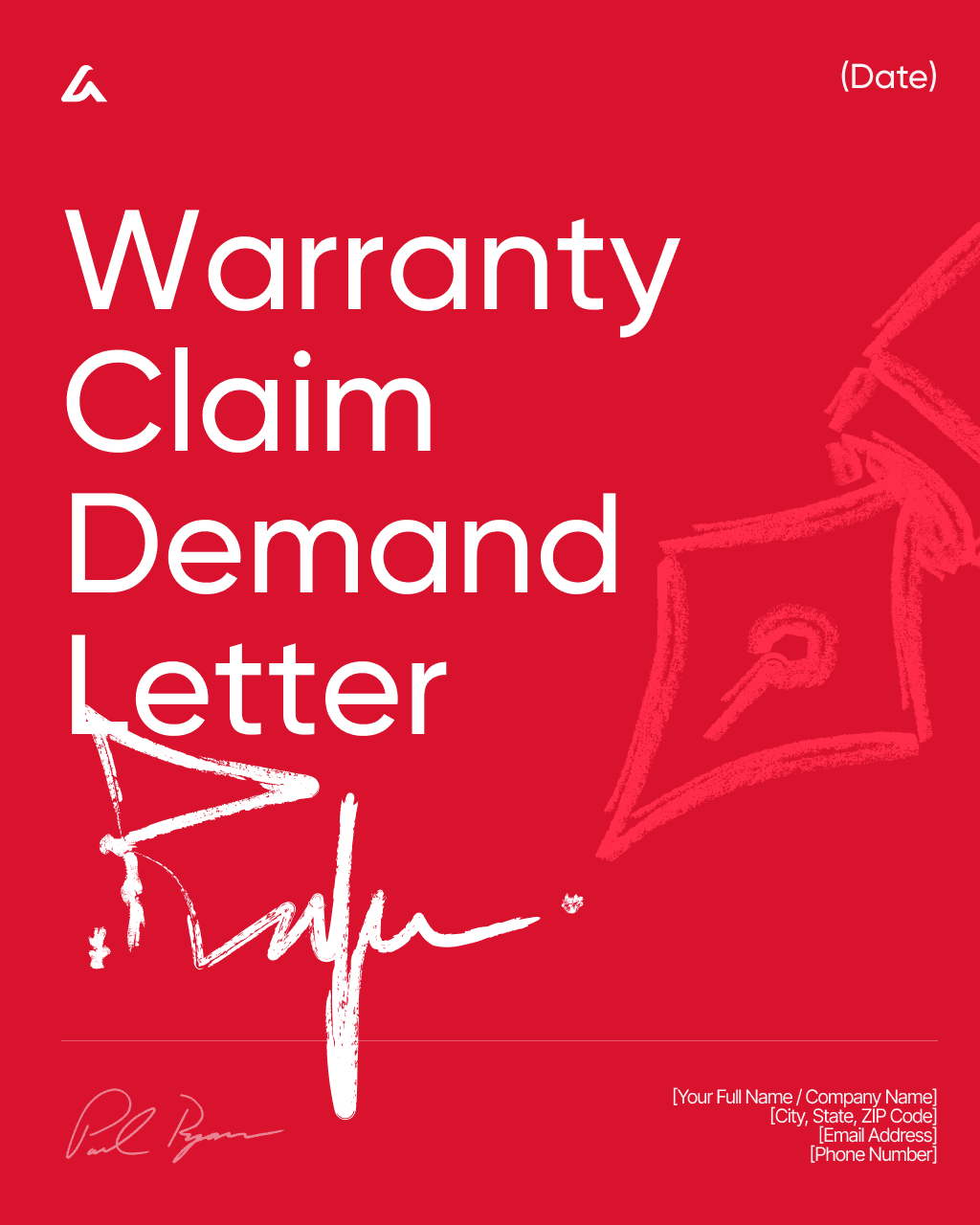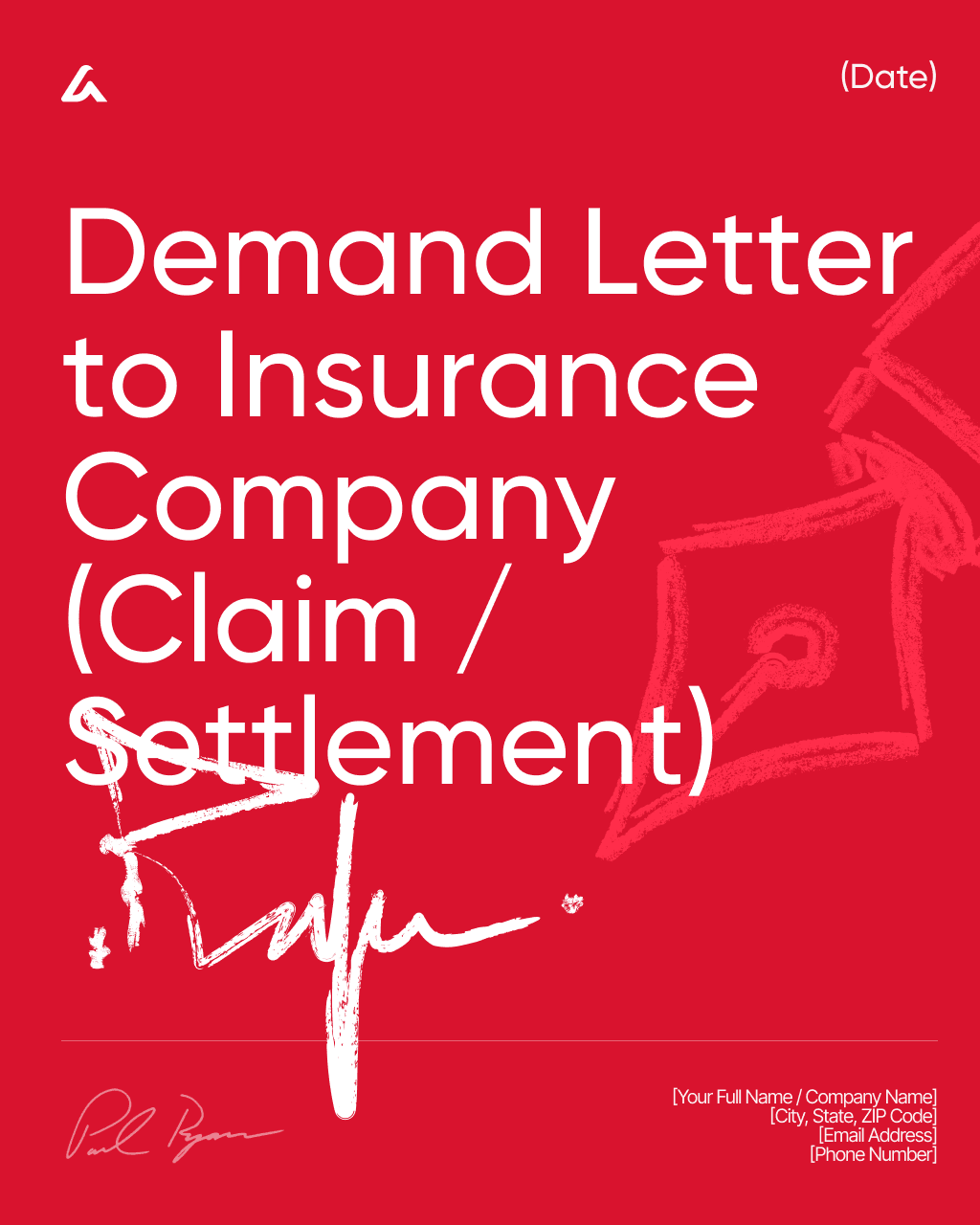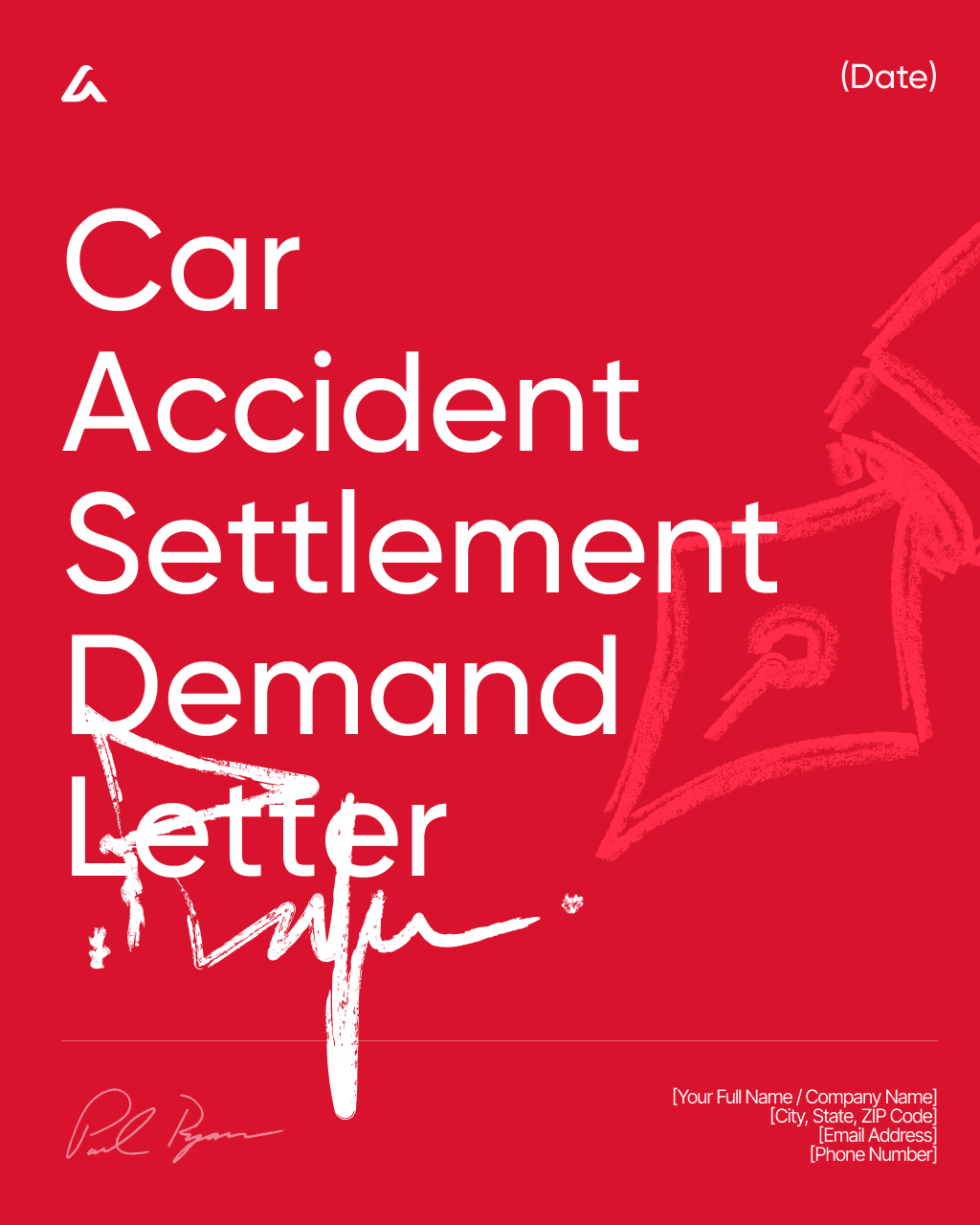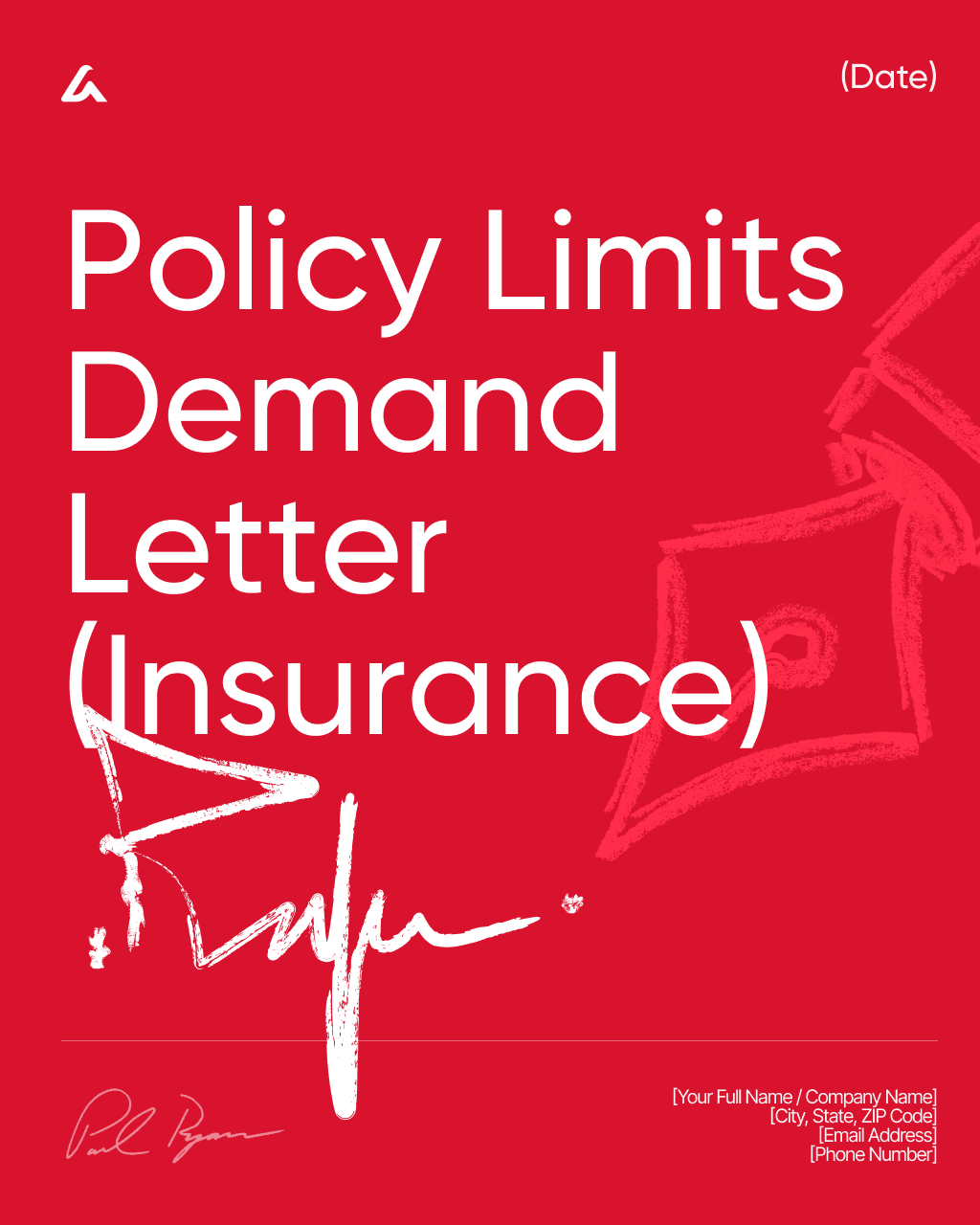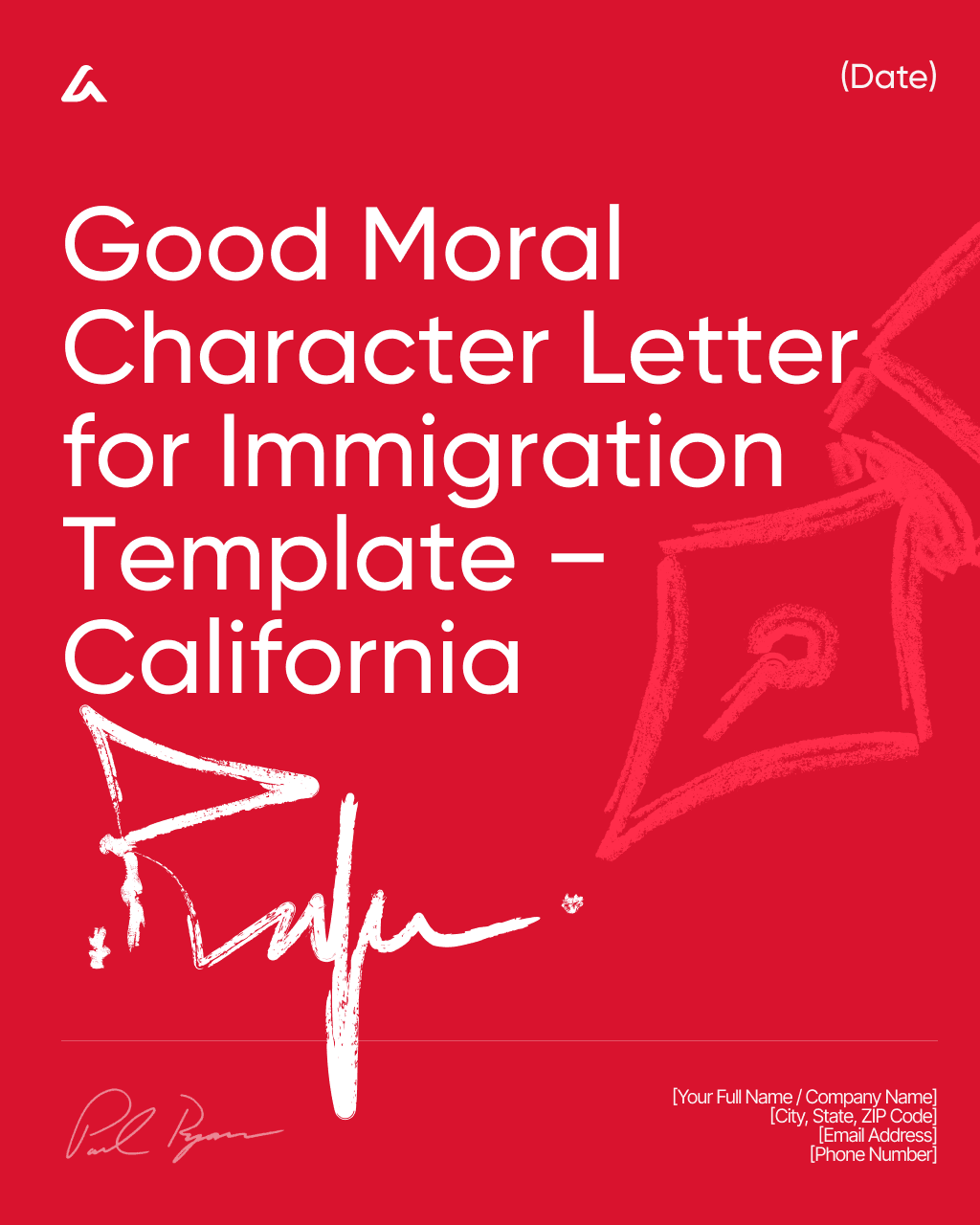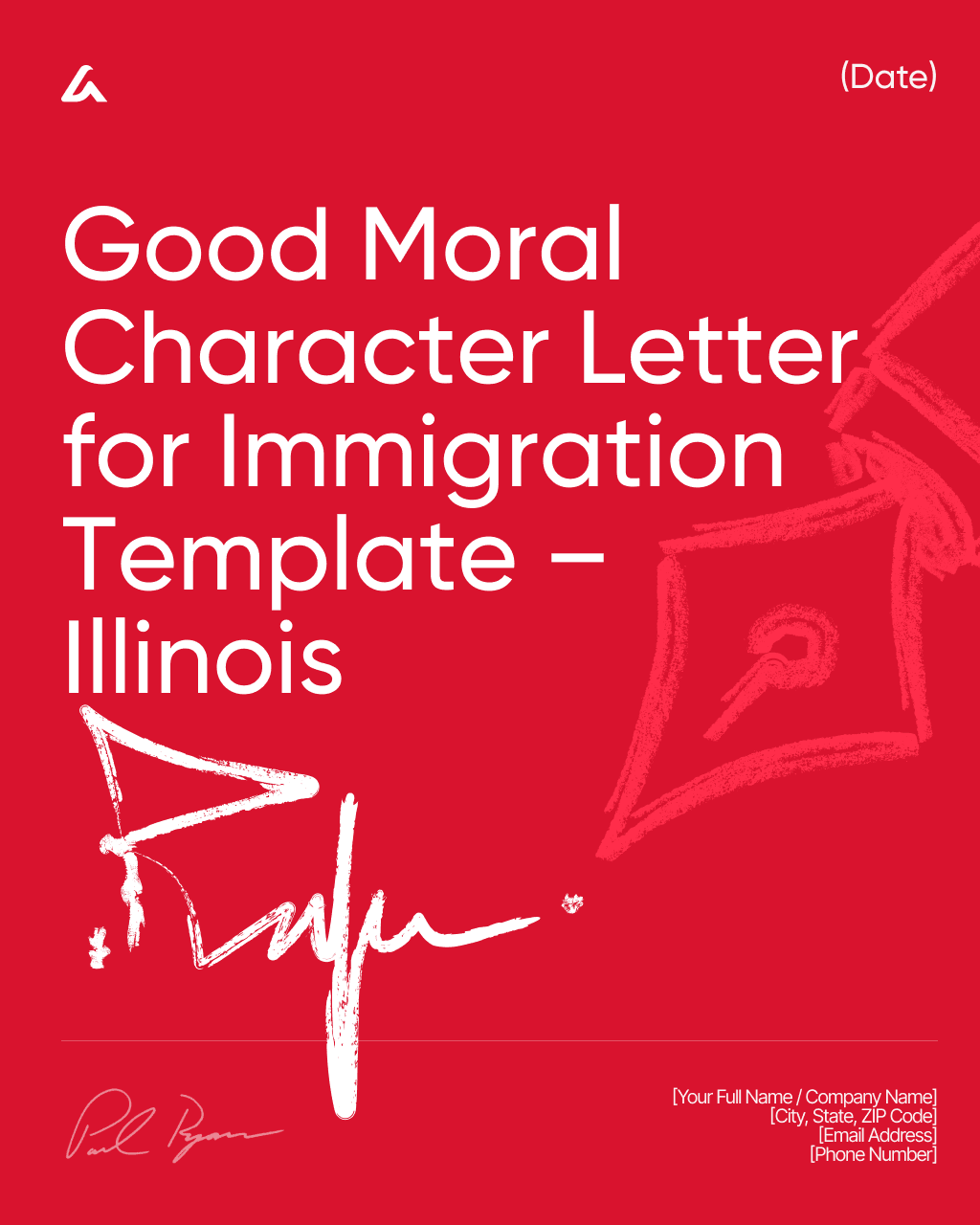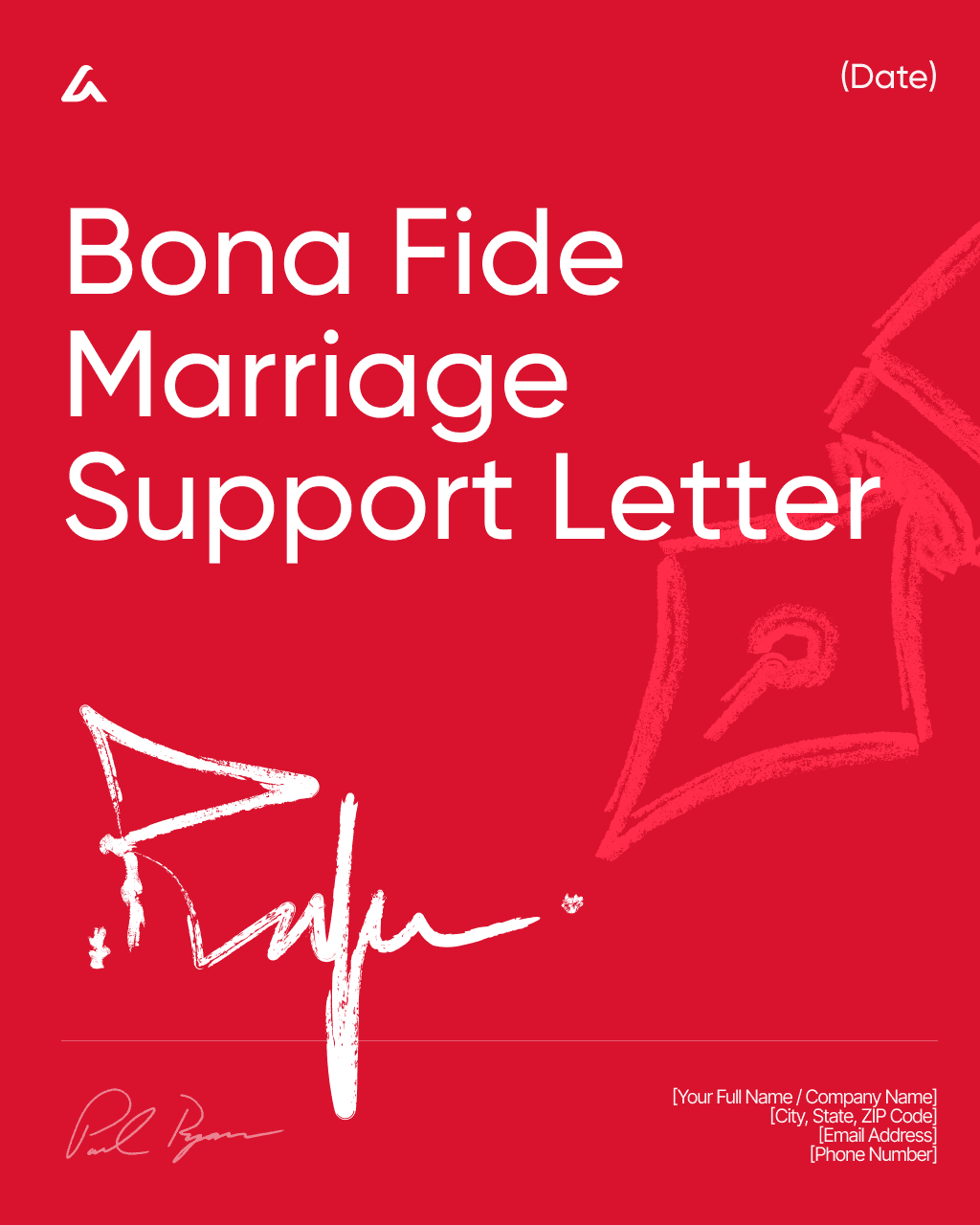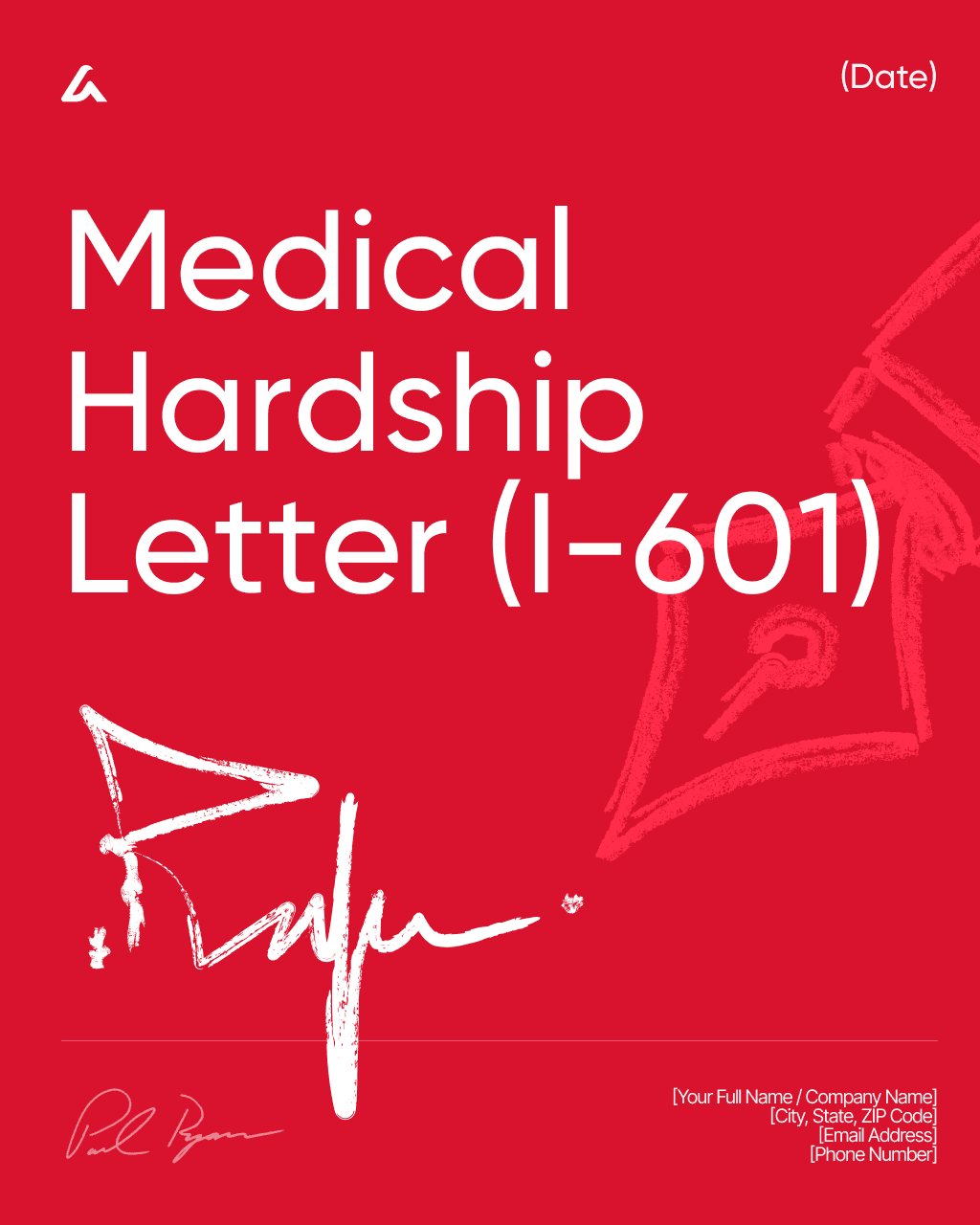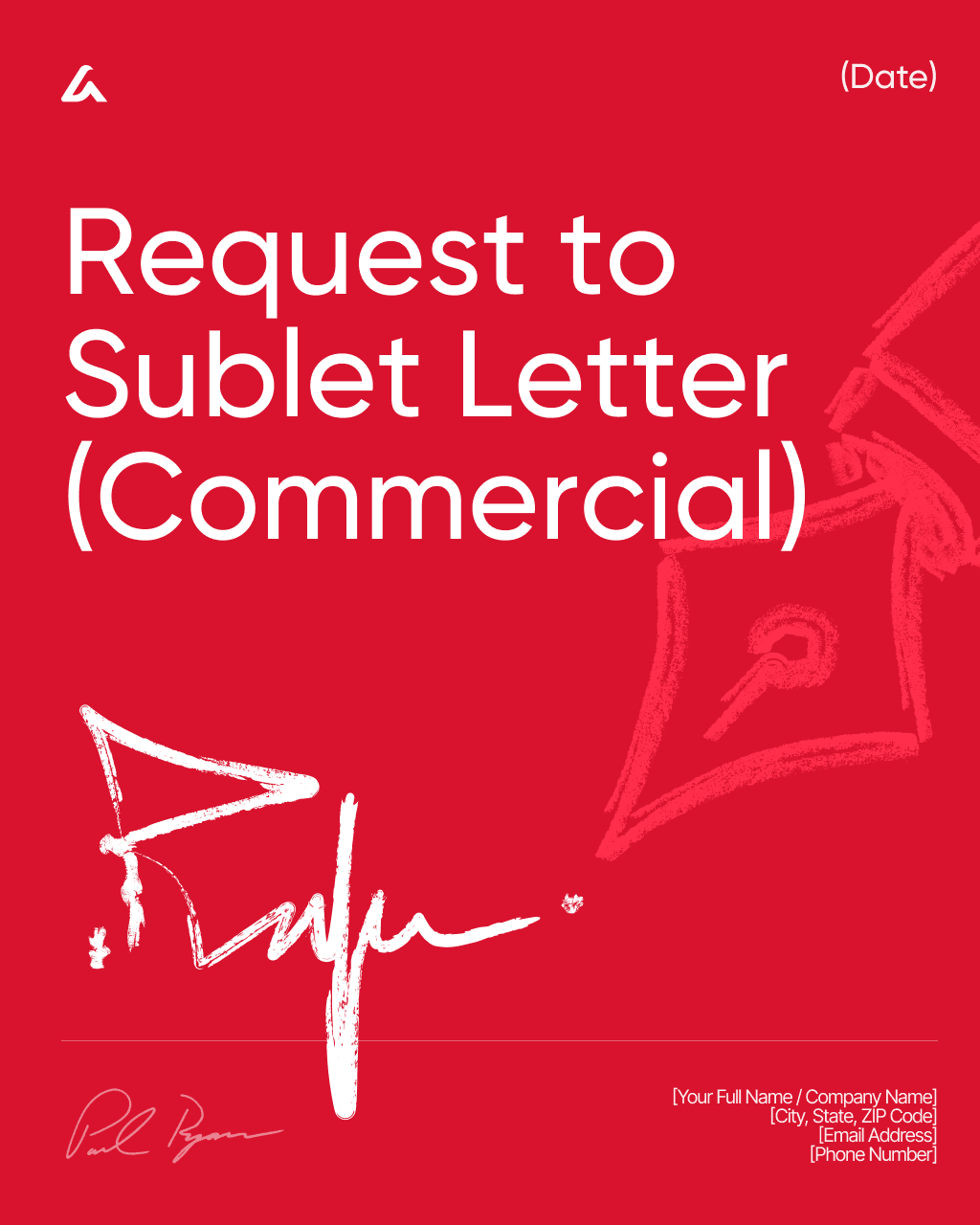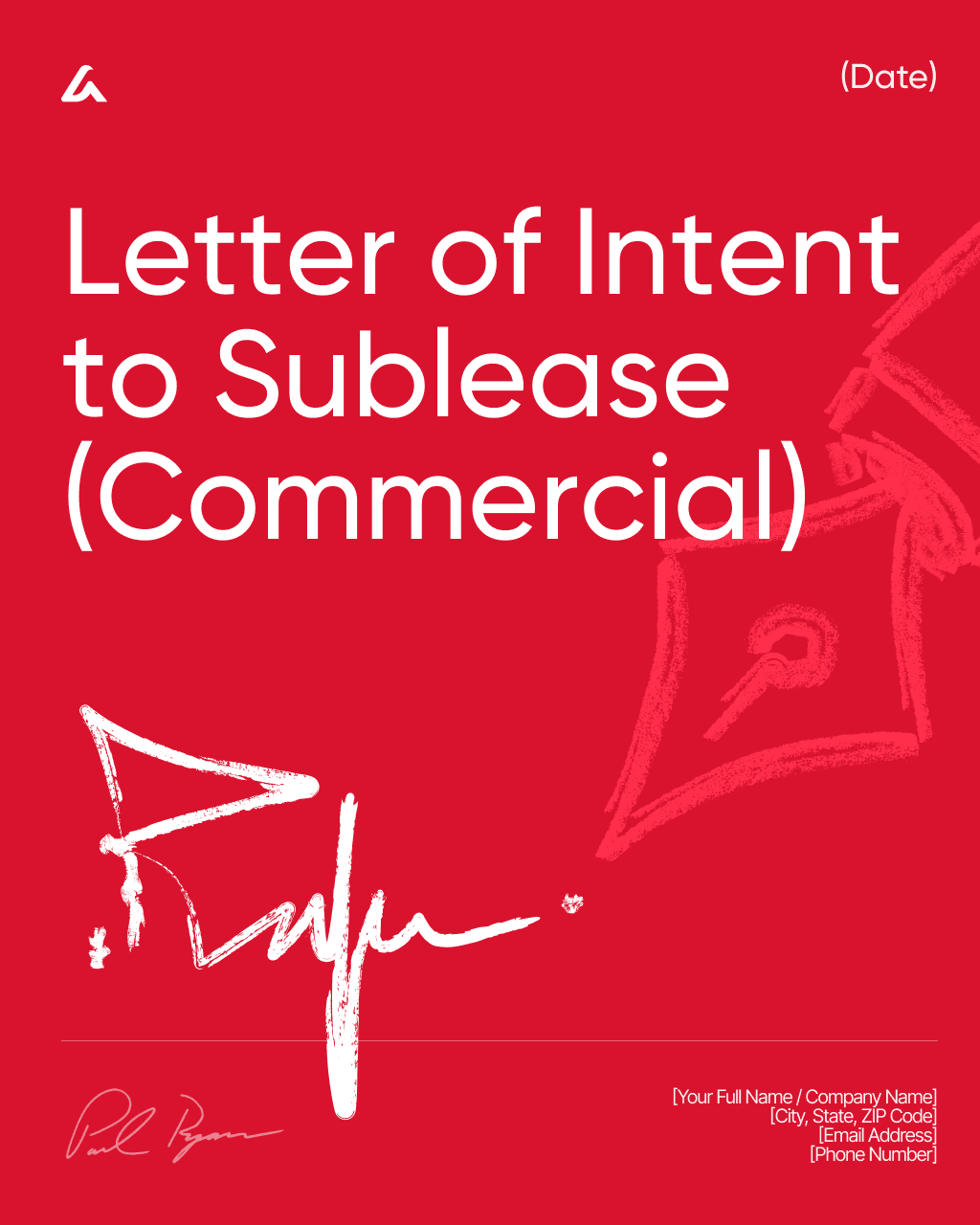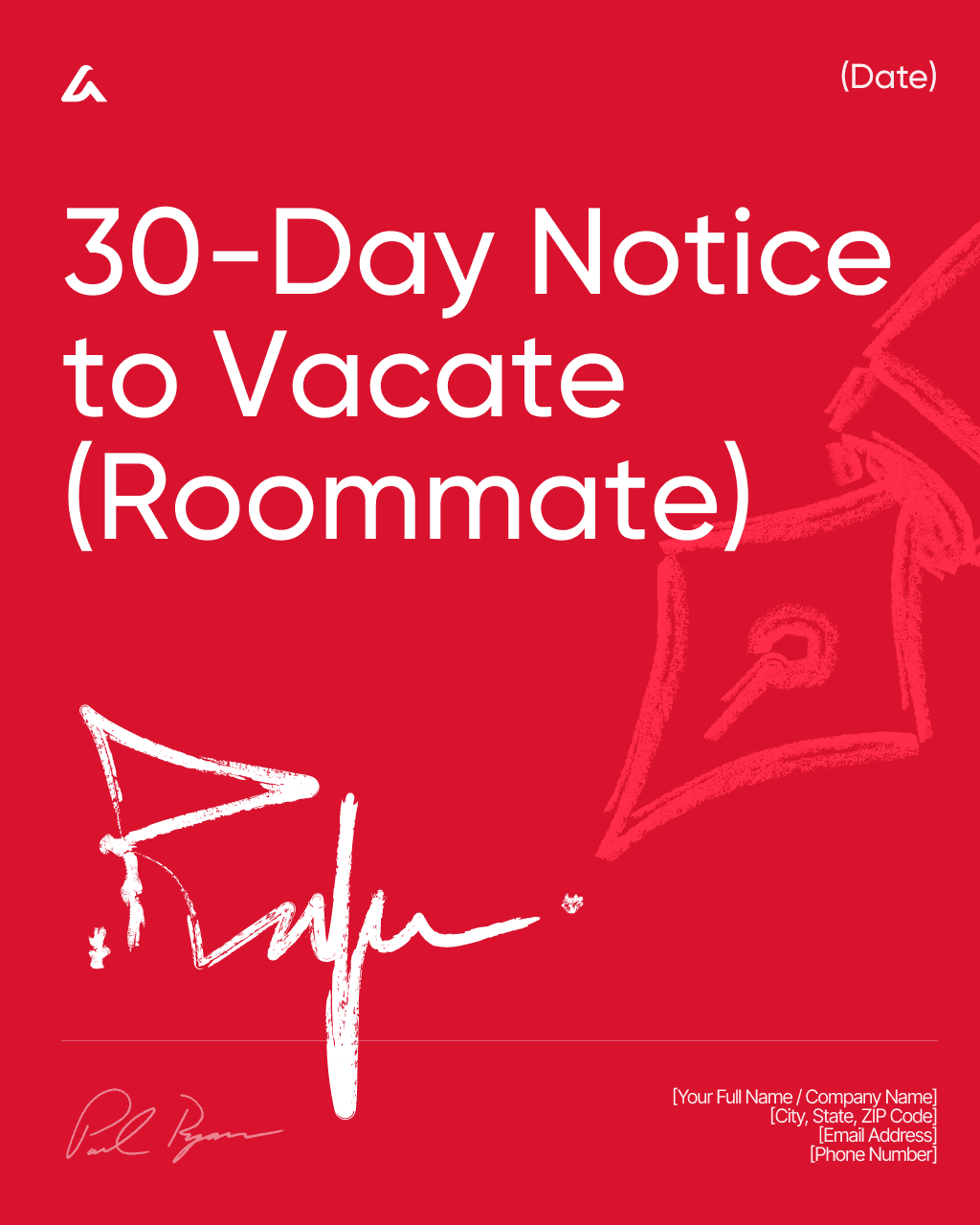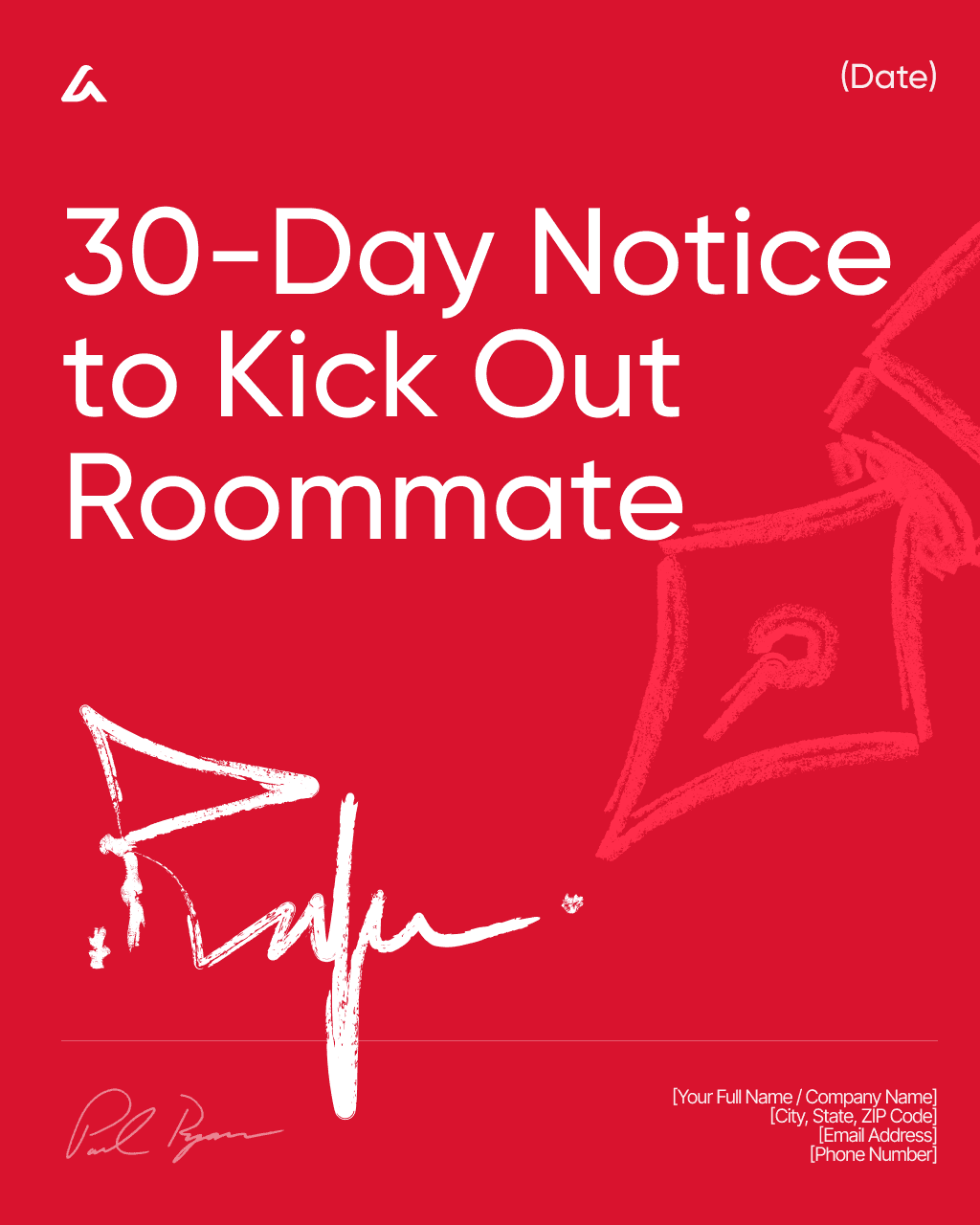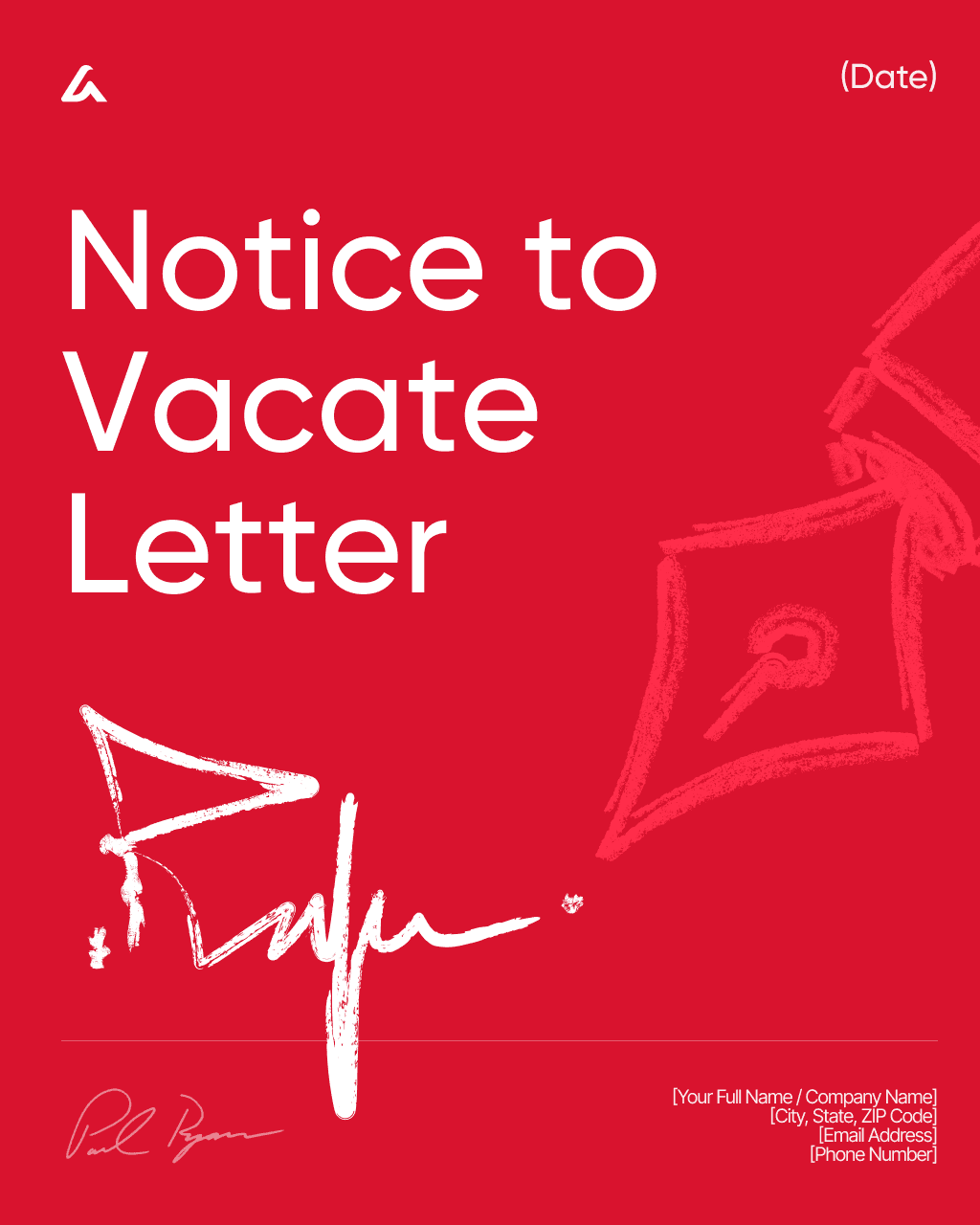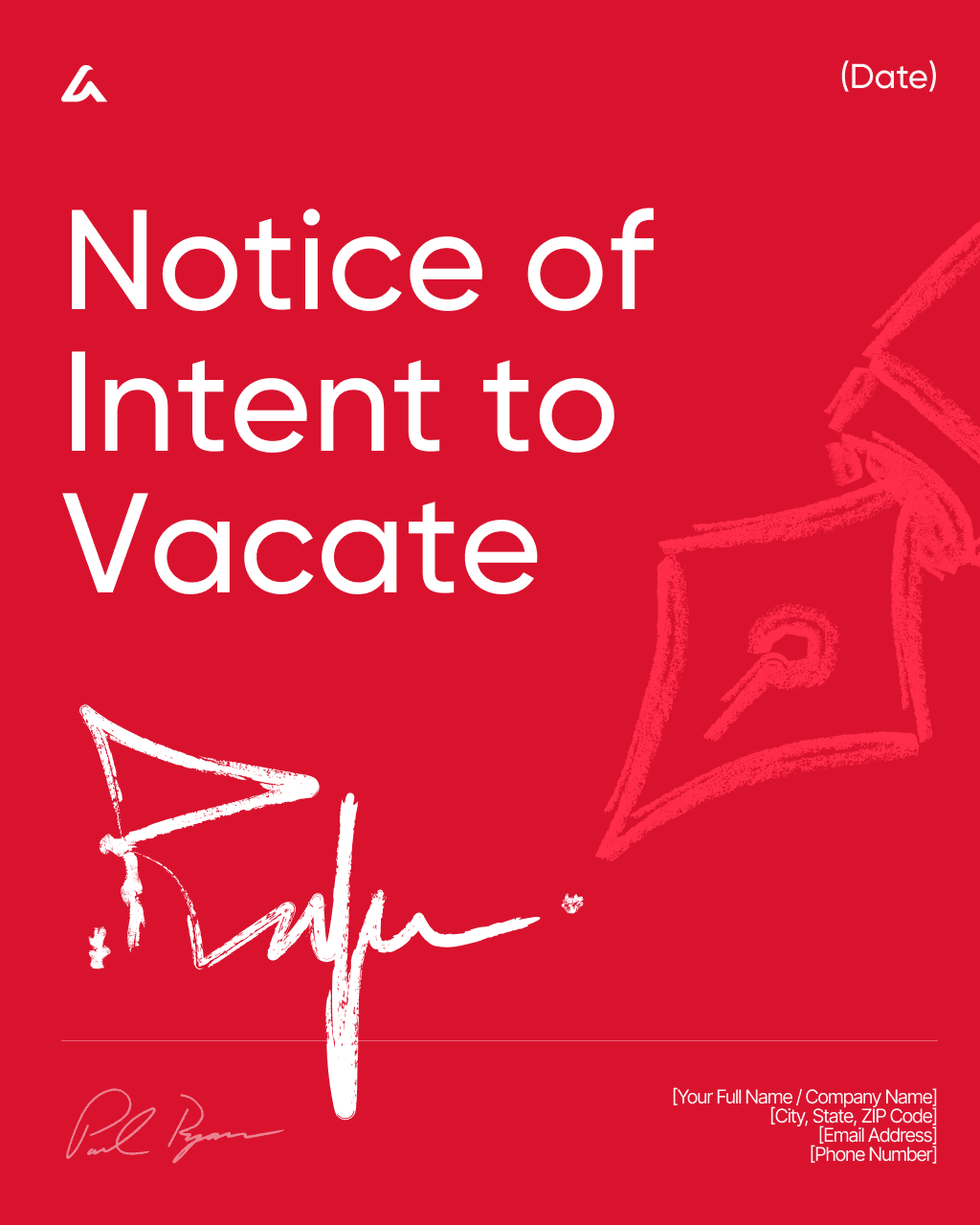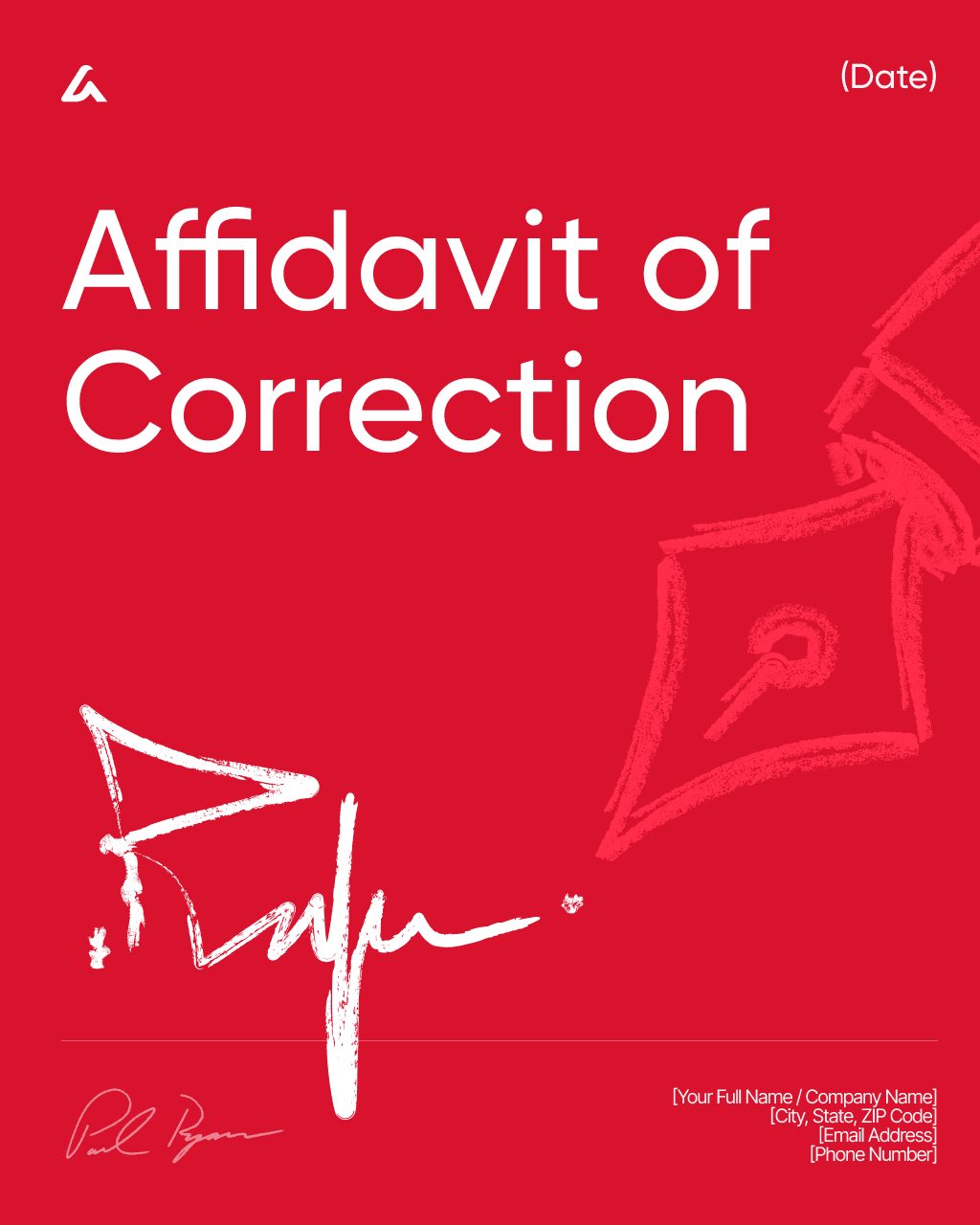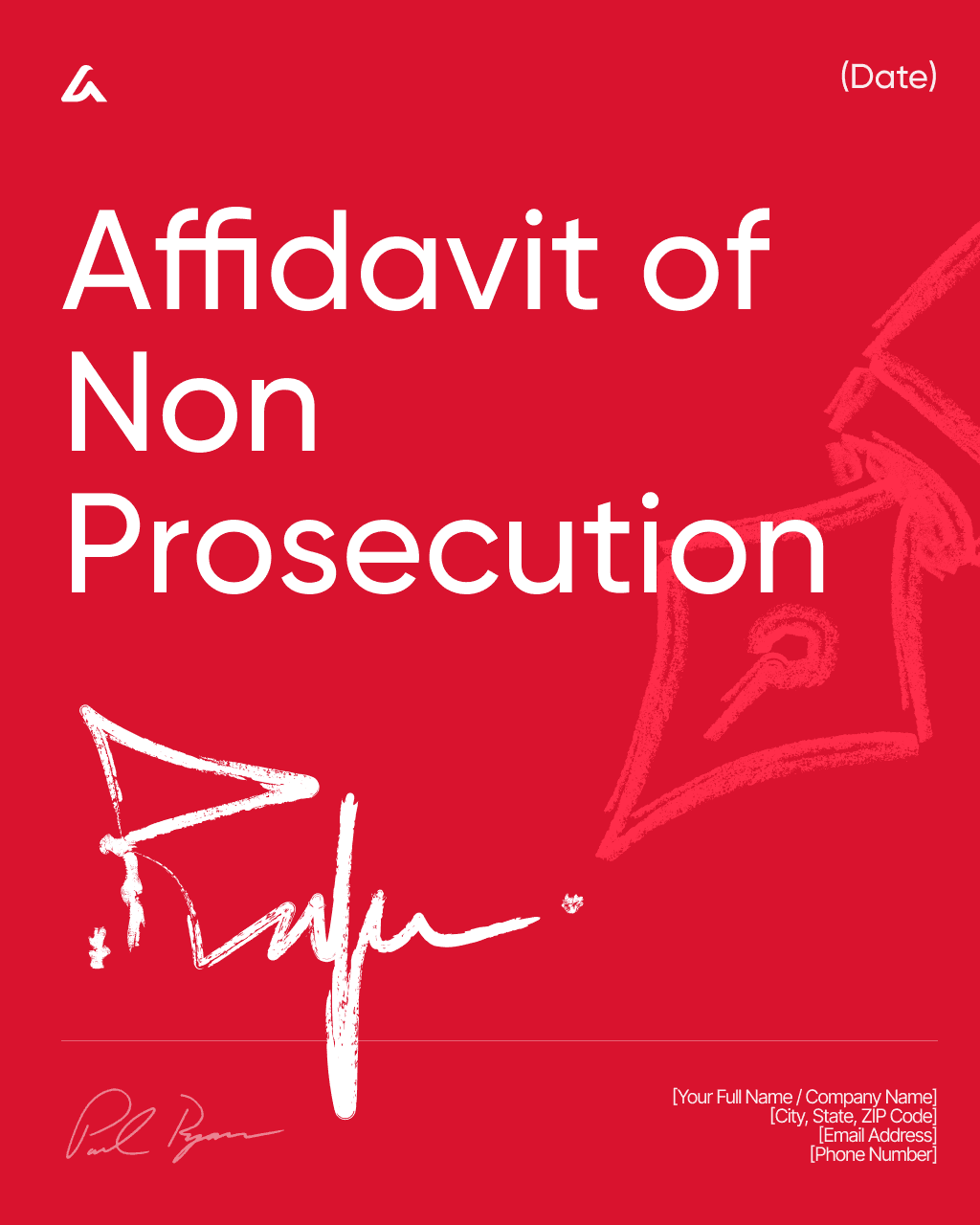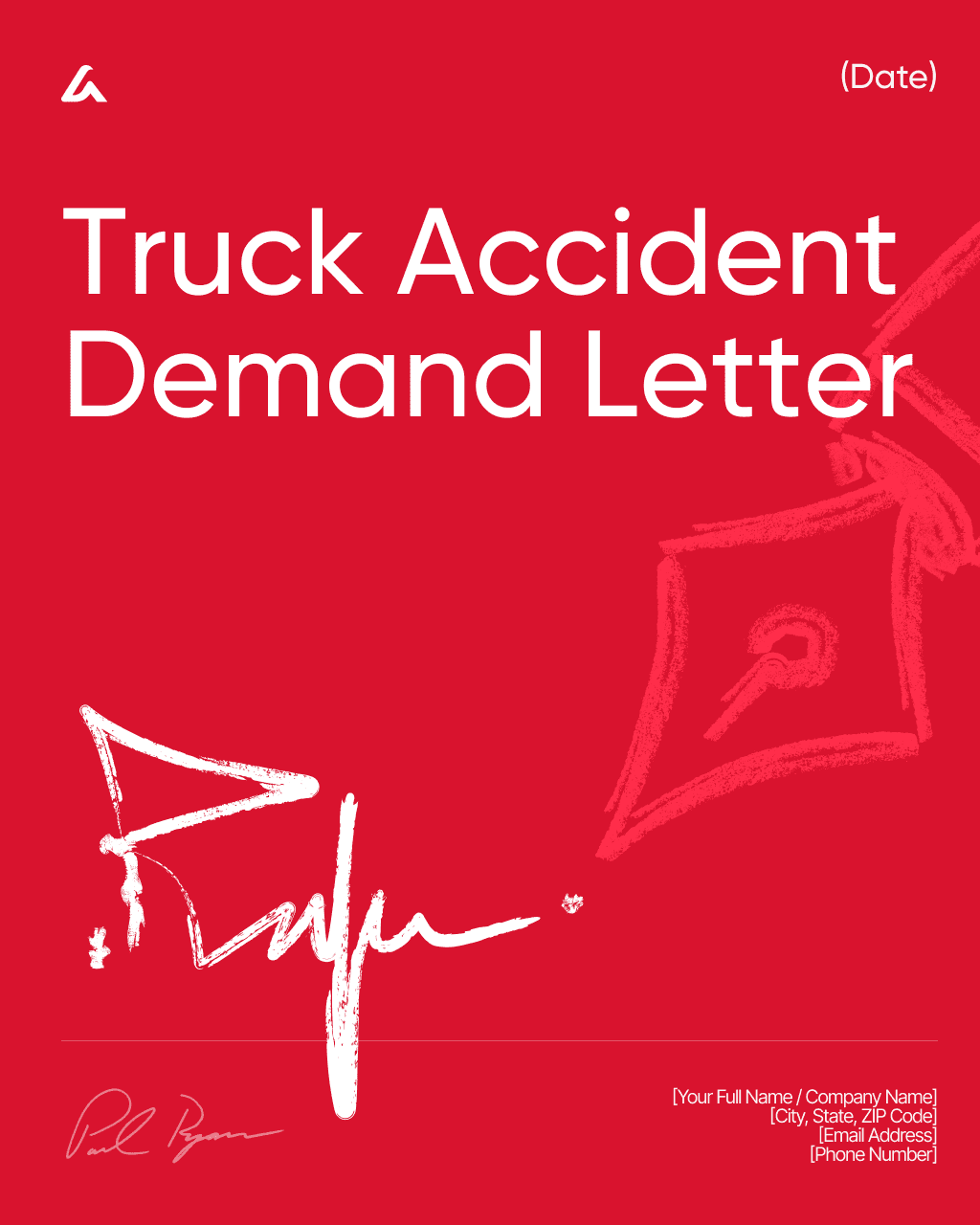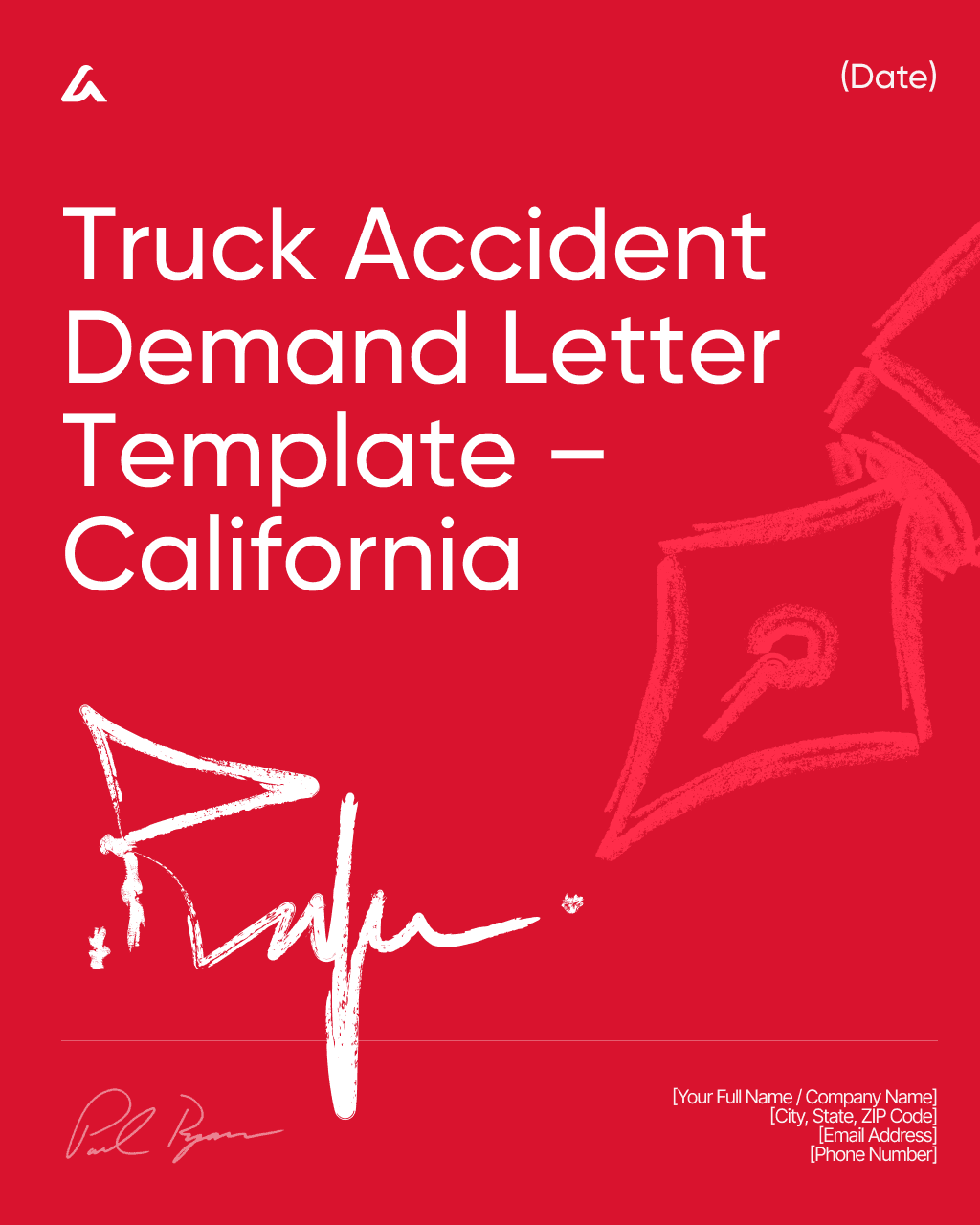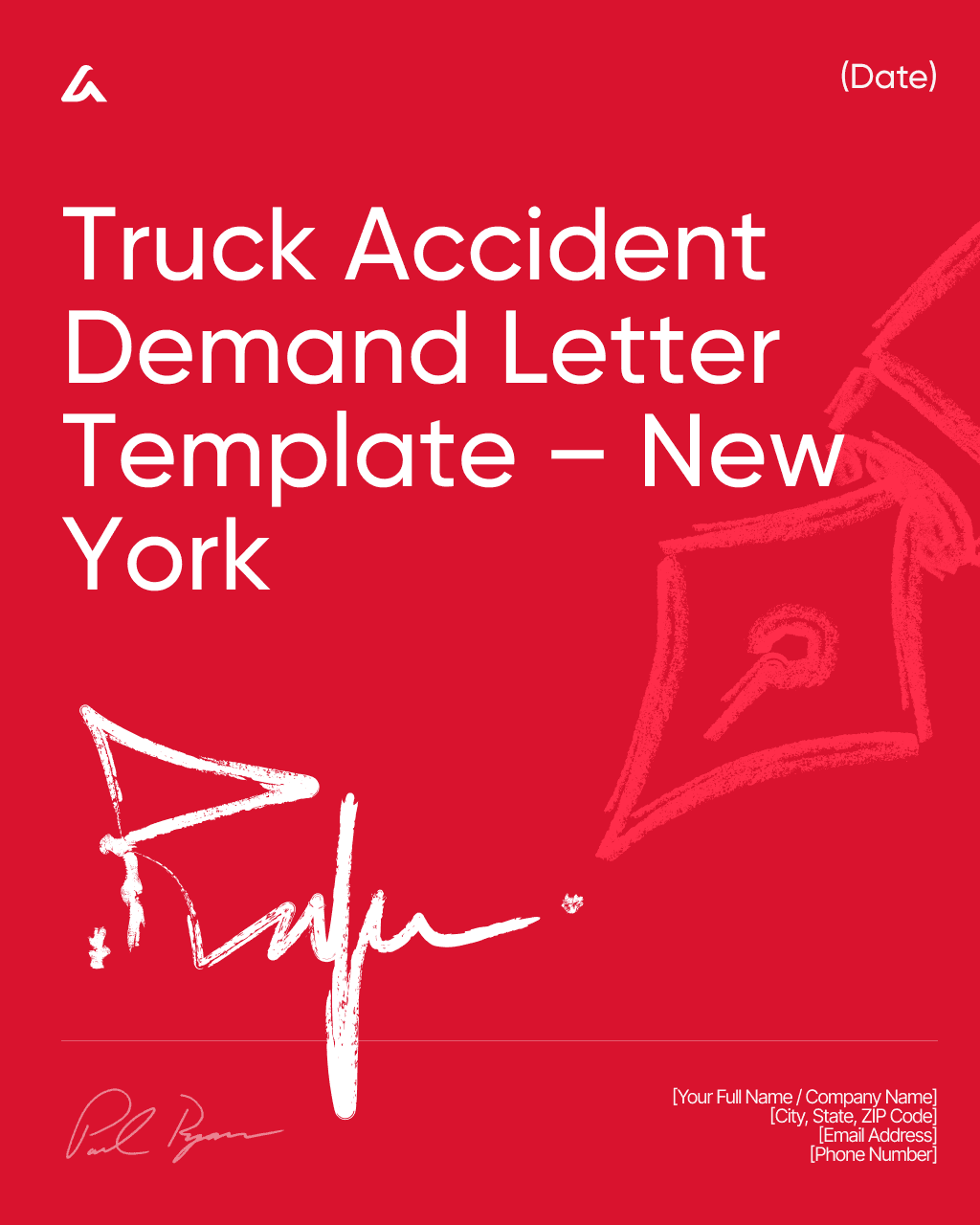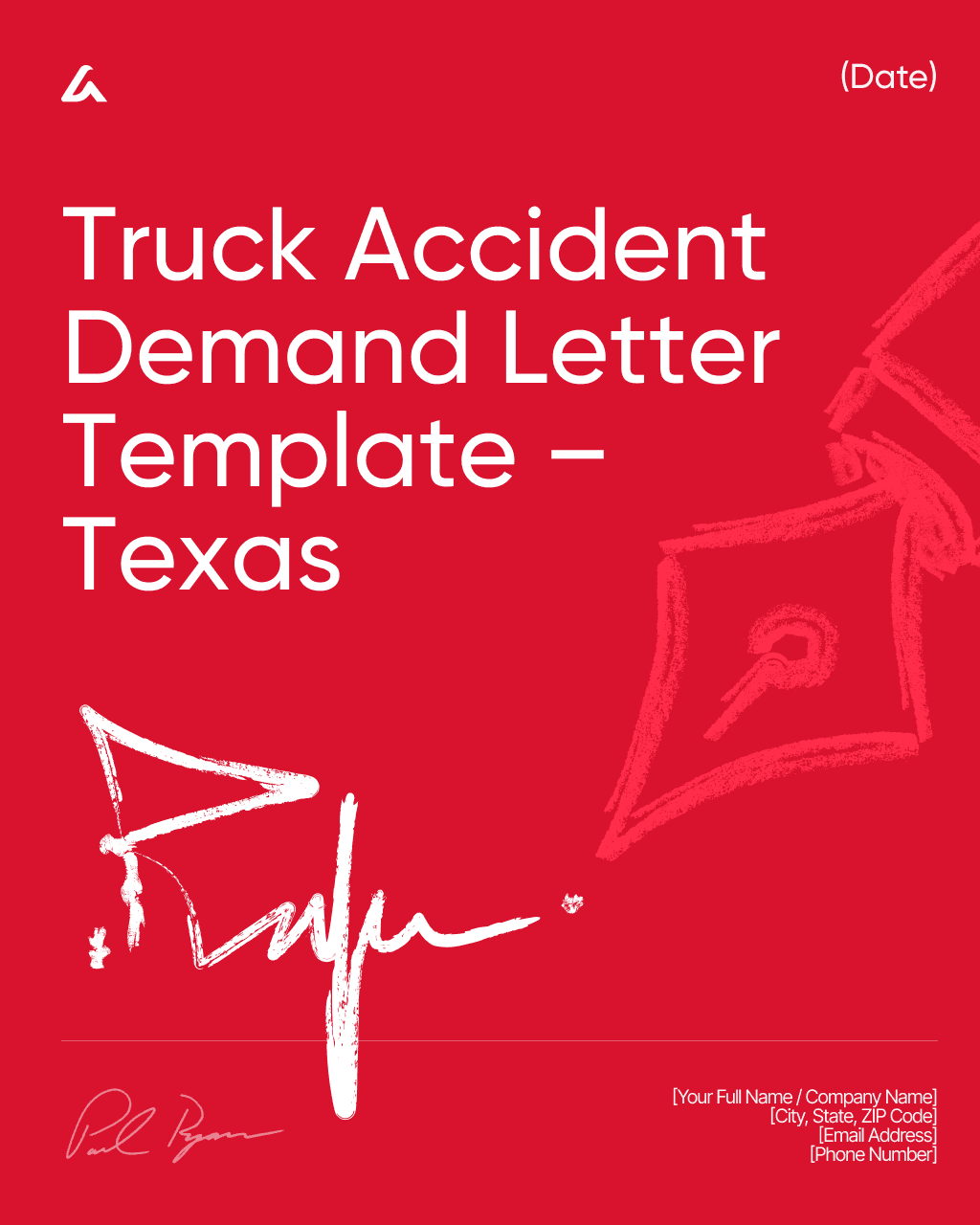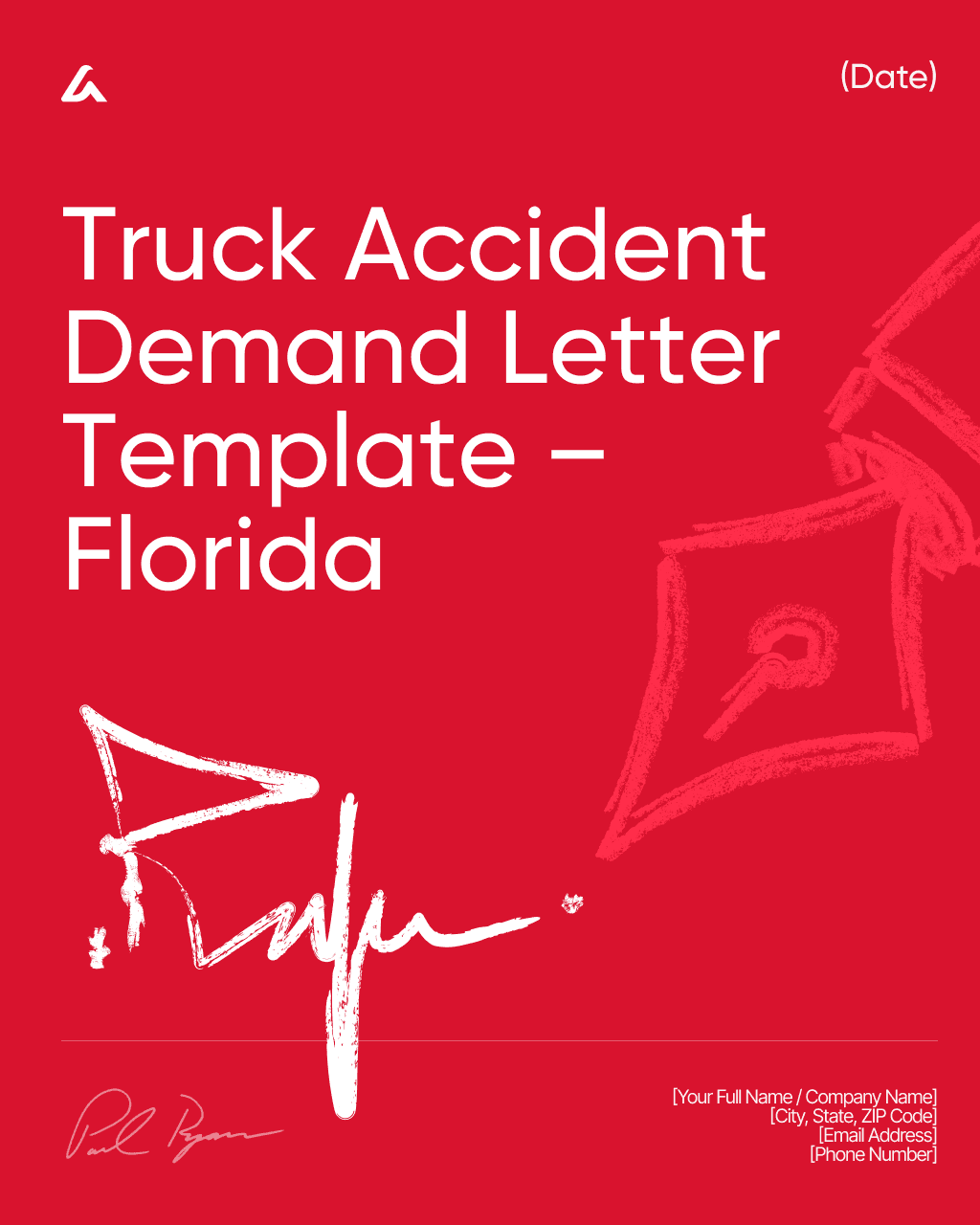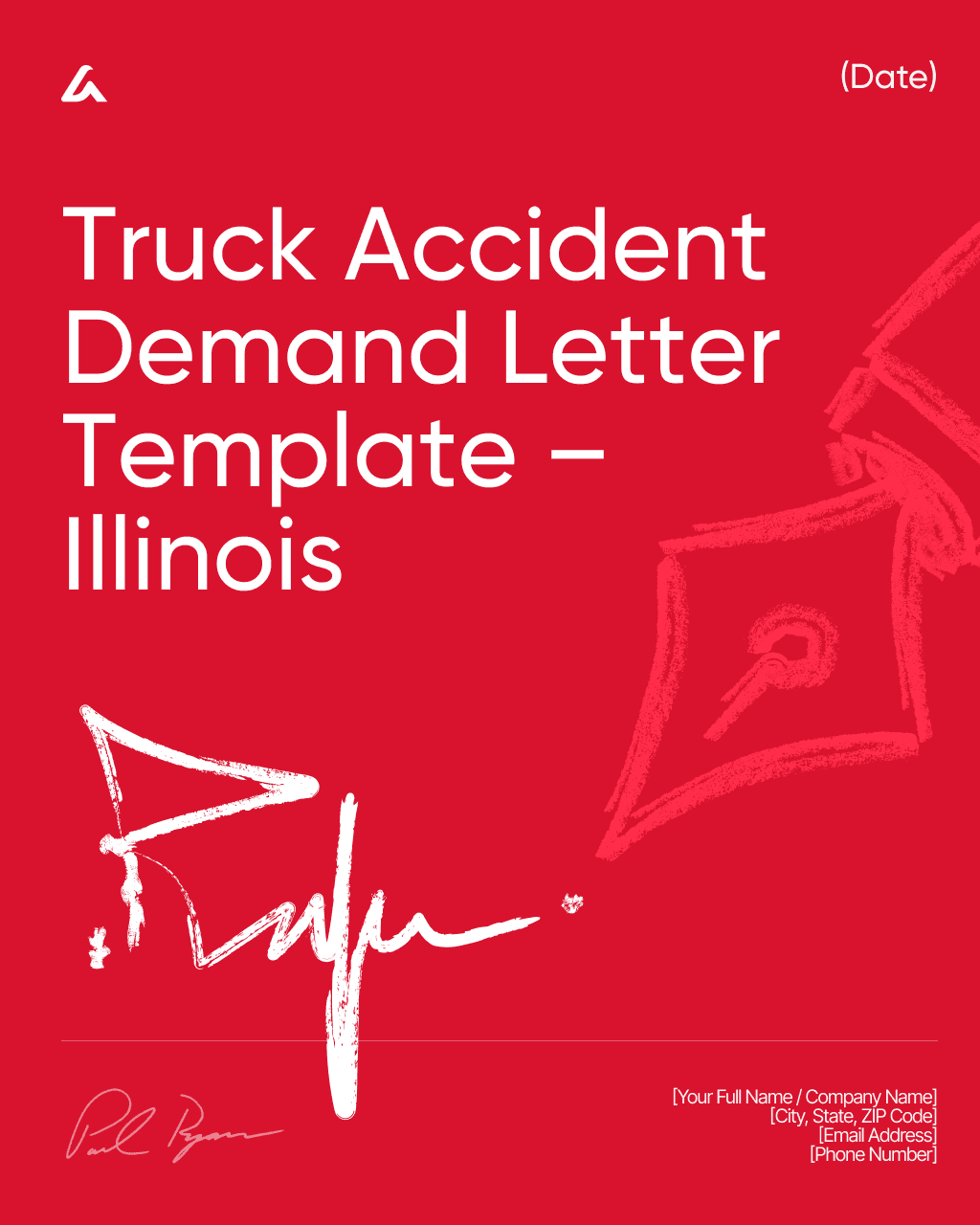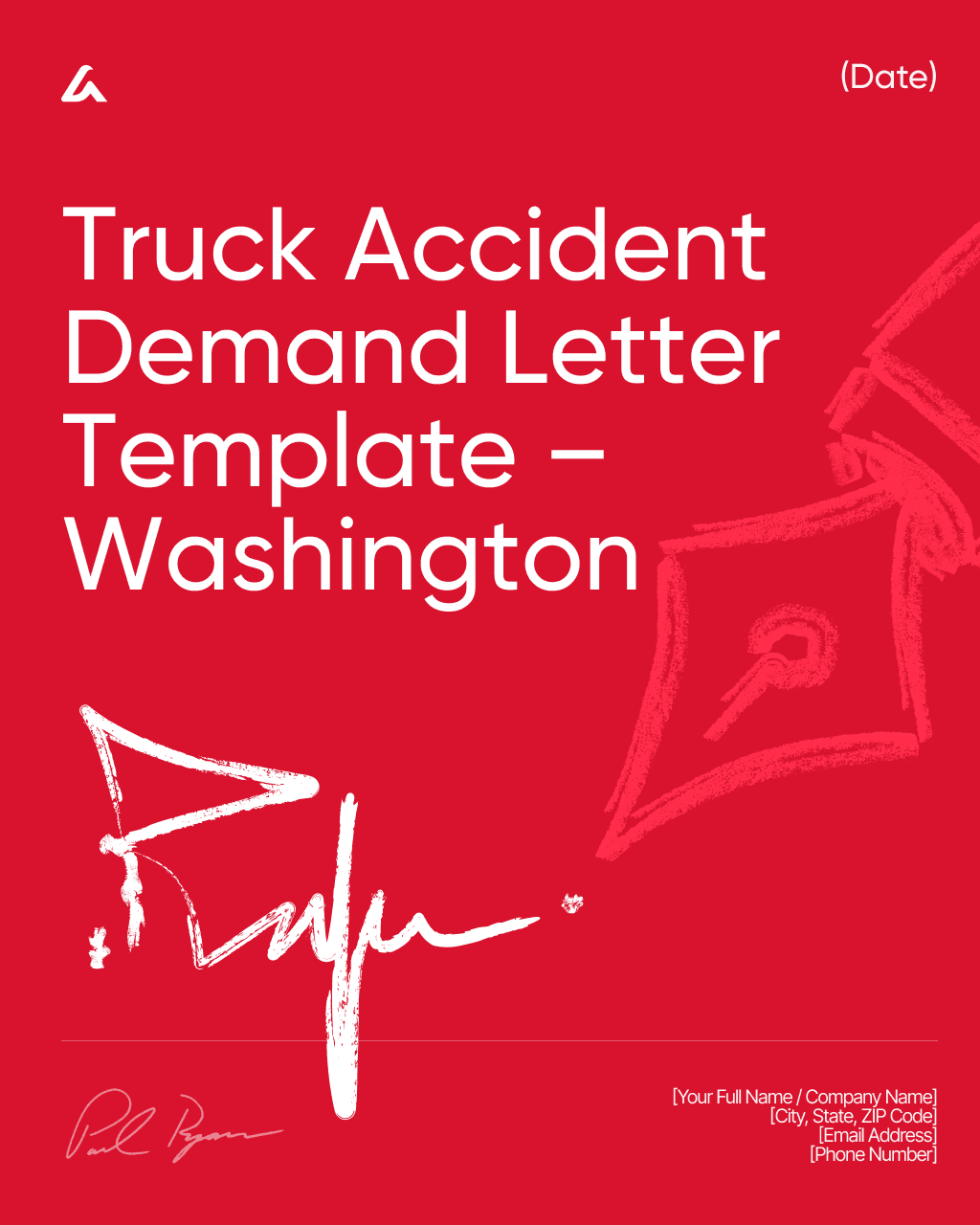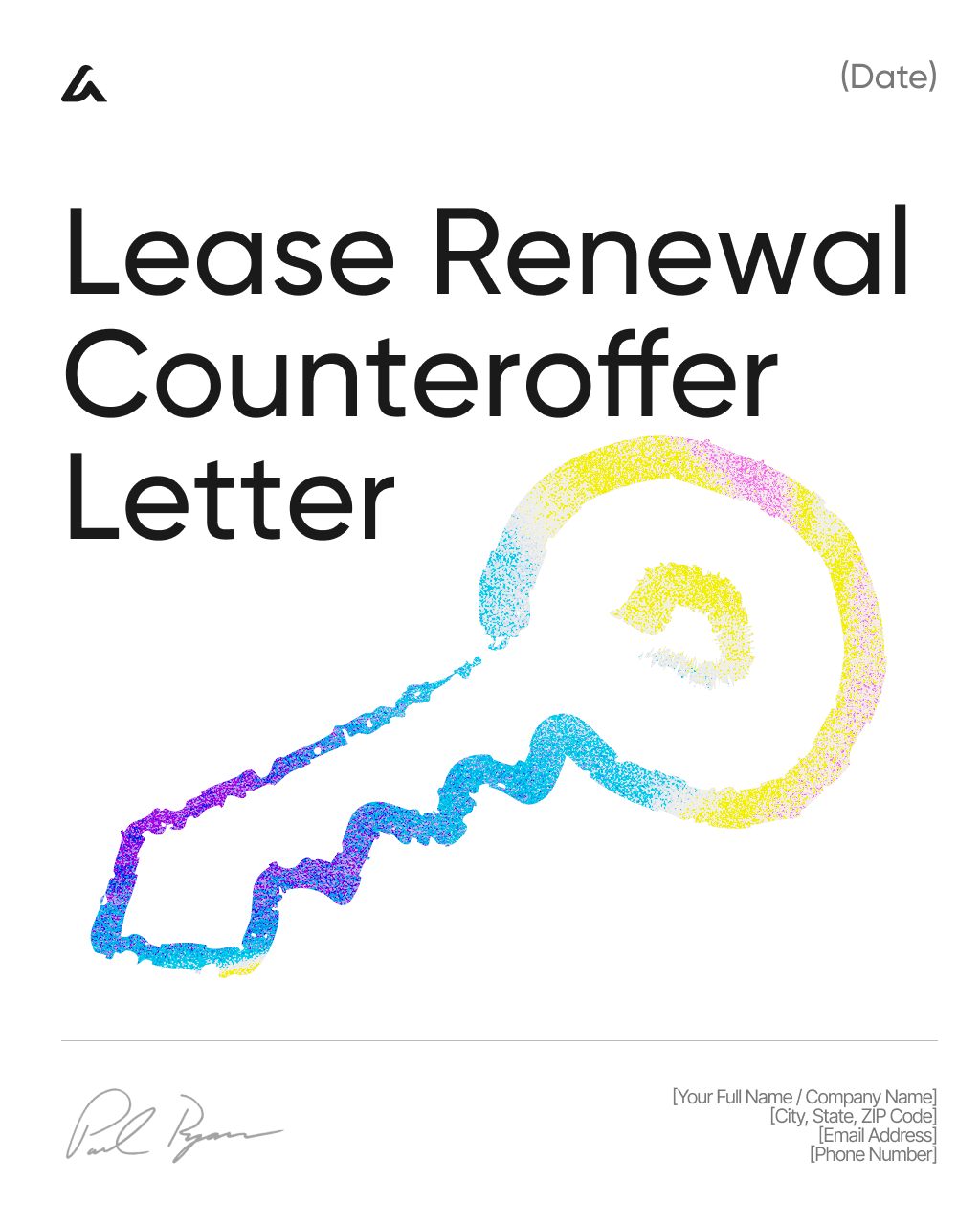Free template
DUI Incident Narrative Personal Statement Template: Court Use Guide
Draft your custom agreement in seconds with AI Lawyer
Download template
DUI Incident Narrative Personal Statement Template
[Your Full Name]
[Your Street Address]
[City, State/Province, ZIP/Postal Code]
[Phone Number]
[Email Address]
[Date]
[Recipient Name or “To Whom It May Concern”]
[Recipient Title, if known]
[Court/Agency/Organization Name]
[Address]
[City, State/Province, ZIP/Postal Code]
1. Introduction
I, [Your Full Name], am writing this personal statement regarding the DUI incident that occurred on [Date of Incident] in [City, State/Province]. The purpose of this narrative is to explain the circumstances surrounding the incident, acknowledge my responsibility, and describe the steps I have taken since then to ensure that something like this does not happen again.
2. Background Information
At the time of the incident, I was [your age] years old and was [briefly describe your situation: e.g., “working as a [Job Title] and living in [City]”]. Prior to this incident, I [briefly describe your driving and/or legal history, e.g., “had no prior criminal record and maintained a clean driving record” / “had limited prior traffic violations”].
[Optional: Add a short, relevant personal context, such as family responsibilities, employment, or education — but avoid using this as an excuse.]
3. Description of the Incident
On the evening of [Date of Incident], at approximately [Time], I was driving in the area of [Location/Street(s), City]. Earlier that day/evening, I had consumed [briefly describe the alcohol consumed, if appropriate, and where, e.g., “several drinks at a friend’s gathering”].
While driving, [describe what happened leading up to the stop or incident: e.g., “I failed to notice my speed,” “I did not realize how impaired I was,” “I was stopped at a DUI checkpoint,” etc.]. At approximately [Time], I was stopped by [Name of Law Enforcement Agency, if known]. The officer informed me that [briefly describe: e.g., “I had been speeding,” “I did not maintain my lane,” “I had a broken tail light,” etc.].
I cooperated with the officer and [describe: “submitted to field sobriety tests and a breath test,” “was taken to the station for further testing,” etc.]. I was informed that my blood alcohol concentration (BAC) was [BAC level, if you choose to include it], which is above the legal limit. I was then placed under arrest for driving under the influence (DUI).
4. Acceptance of Responsibility
I understand that driving under the influence is a serious and dangerous offense. Regardless of my intentions or how impaired I believed I was, I recognize that I made a poor and unsafe decision by choosing to drive after drinking.
I do not blame anyone else for my actions. I take full responsibility for my decision to drive that night and for the consequences that have followed. I understand that my actions could have caused serious harm to myself, my passengers, and others on the road.
5. Impact of the Incident
Since the incident, I have experienced significant consequences, including:
Legal consequences: [e.g., charges filed, court appearances, fines, probation, license suspension, etc.].
Personal consequences: [e.g., stress, anxiety, embarrassment, impact on family and relationships].
Professional consequences: [e.g., potential or actual job loss, disciplinary actions at work, challenges with transportation to work or school].
This incident has made me aware of how a single decision can have long-lasting effects on many aspects of my life.
6. Steps Taken Since the Incident
Since the DUI incident, I have taken the following steps to address my behavior and prevent anything like this from happening again:
Education/Treatment: I have [enrolled in / completed] [name or type of program, such as DUI education classes, alcohol awareness courses, counseling, or treatment programs].
Lifestyle Changes: I have made changes such as [example: not driving after consuming any alcohol, using rideshare/taxis/public transport, limiting or abstaining from alcohol use].
Support System: I have sought support from [family, friends, support groups, therapists, or counselors] to help me better manage stress, decision-making, and any issues related to alcohol use.
These steps have helped me understand the risks and consequences of impaired driving more deeply and have strengthened my commitment to safe and responsible behavior.
7. Reflection and Lessons Learned
This experience has been a serious wake-up call. I have learned that:
Even if I believe I am “okay to drive,” alcohol can impair my judgment more than I realize.
I must plan ahead for transportation whenever there is a possibility of drinking.
My responsibilities as a driver extend not only to myself, but also to my passengers, other drivers, and pedestrians.
I regret my decision deeply and understand that trust must be rebuilt over time through consistent, responsible actions — not just words.
8. Future Commitments
Going forward, I am committed to:
Never driving under the influence of alcohol or any impairing substance again.
Continuing participation in any court-ordered or recommended programs.
Maintaining safe and lawful driving habits at all times.
Making responsible choices regarding alcohol use and transportation.
I hope that, through my actions, I can demonstrate that I have learned from this experience and that I am taking it extremely seriously.
9. Closing Statement
I respectfully submit this statement to provide a full and honest account of my DUI incident, the impact it has had on my life, and the steps I have taken to ensure it does not happen again. I understand that the court/agency/recipient will consider this statement along with all other information and evidence in making its decisions.
Thank you for taking the time to review my personal statement.
Sincerely,
[Your Full Name]
[Signature, if printed]
[Date]
No time to fill it up? Generate your custom agreement with AI Lawyer in seconds
Details
Learn more about
DUI Incident Narrative Personal Statement Template: Court Use Guide
DUI Incident Narrative Personal Statement Template FAQ
What is a DUI incident narrative personal statement?
A DUI incident narrative personal statement is a written document where you describe, in your own words, what happened before, during, and after a DUI stop or arrest. It explains the circumstances of the DUI incident, your behavior and choices, your acceptance of responsibility, and the corrective steps you have taken since then. This type of statement is often used in court, probation, DMV, or employer-related DUI processes.
How do I write a DUI personal statement for court?
To write a DUI personal statement for court, clearly describe the date, time, and location of the incident, what led up to your decision to drive, how the stop or arrest happened, and how you cooperated with law enforcement. Acknowledge that driving under the influence is dangerous and illegal, express genuine remorse, and explain what you have done since the DUI (classes, counseling, treatment, lifestyle changes). Keep your DUI court statement honest, respectful, structured, and free of excuses or blaming others.
What should I include in a DUI apology letter to a judge?
In a DUI apology letter to a judge, briefly summarize the DUI incident, clearly admit your mistake, and acknowledge the risk you created for yourself and others on the road. Express sincere regret, explain how the consequences have affected your life, and describe specific steps you have taken to change your behavior — for example, alcohol education, therapy, support groups, or strict personal rules about not driving after drinking.
How long should a DUI incident narrative or DUI explanation letter be?
A DUI incident narrative or DUI explanation letter is usually most effective when it is one to three pages long. It should be long enough to fully explain the DUI incident, its impact, and your response, but not so long that it becomes repetitive or unfocused. Focus on clear facts, insight, and accountability rather than emotional exaggeration or unnecessary details.
Can I use this DUI personal statement template for a first-time DUI offense, probation, or DMV hearing?
Yes. This DUI personal statement template can be adapted for a first-time DUI offense, probation review, DUI classes, a DMV license hearing, an ignition interlock program, or even an internal employer explanation. You should always adjust the details, tone, and recipient information to match the specific instructions you received from the court, probation officer, DMV, attorney, or employer.
Can AI Lawyer help me write my DUI incident narrative?
Yes. AI Lawyer can help you draft, structure, and refine your DUI incident narrative based on this template by suggesting clear wording, improving the flow, and keeping a respectful and consistent tone. You provide the real facts and make the final decisions about what to include, and for any legal strategy or case-specific questions you should still speak with a qualified DUI attorney.
Similar templates

























































































































